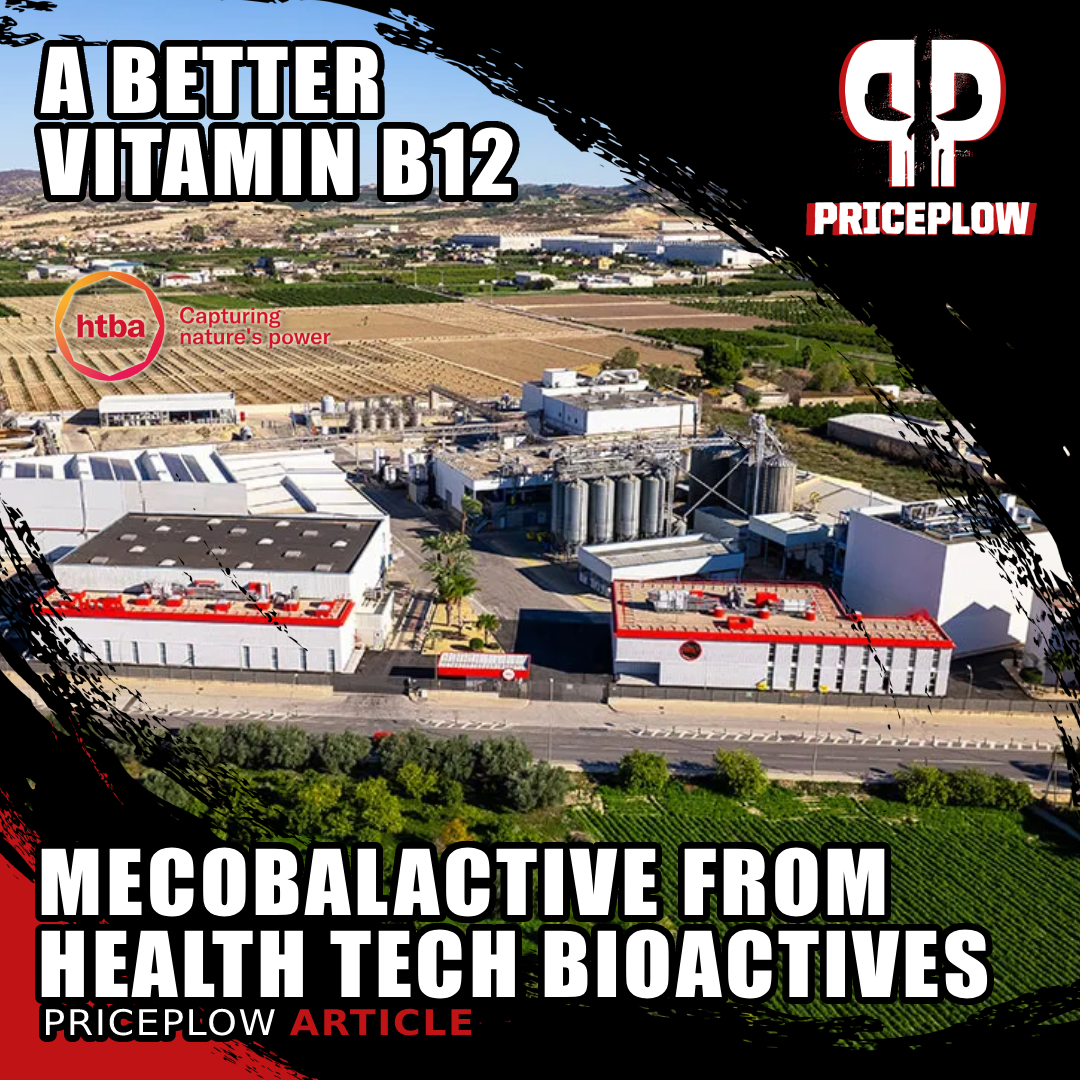
HTBA's MecobalActive methylcobalamin delivered 4% more power and 5% faster cognition in just 3 days--in healthy athletes with normal vitamin B12 levels.
For decades, vitamin B12 supplementation followed a simple script: identify deficiency, correct deficiency, move on. But modern consumers aren't waiting for deficiency symptoms to take action. With 61% declaring themselves self-sufficient when it comes to health decisions, today's wellness-focused individuals prioritize mental clarity, sustained energy, and peak performance over reactive health management.[1]
When B12 Stops Being Just About Deficiency
The supplement industry is responding. Mental and emotional wellbeing now ranks as consumers' top health goal, followed closely by vitality and energy.[1] Yet despite recognizing that physical and cognitive performance operate hand-in-hand, fewer than half of consumers report satisfaction with their current cognitive health.[1]
Meet MecobalActive from Health Tech Bio Actives (HTBA)
Enter HTBA (HealthTech Bio Actives) and their methylcobalamin ingredient, MecobalActive, a novel, bioidentical vitamin B12 source that's rewriting expectations. New clinical research demonstrates that just three days of MecobalActive supplementation significantly improved both physical power output and cognitive response time in healthy, active individuals -- without B12 deficiency! This isn't about correcting what's broken. It's about optimizing what already works.
In this two-part series, we'll explore the European innovation behind MecobalActive, examine the manufacturing technology setting it apart from commodity B12 ingredients, and analyze groundbreaking research showing acute performance benefits in populations typically excluded from B12 studies. Part 1 introduces HTBA's story and the ingredient science. Part 2 will dive deep into the clinical evidence supporting cognitive and physical performance claims.
Subscribe to PricePlow's Newsletter and Alerts on These Topics
HTBA: 45 Years of European B12 Innovation
HealthTech Bio Actives traces its roots back nearly five decades as a pioneer in developing flavonoids and vitamin B12 active forms. Originally founded as Zoster in 1978, the company was incorporated into Ferrer HealthTech before becoming the independent entity HTBA following acquisition by The Riverside Company in 2019.
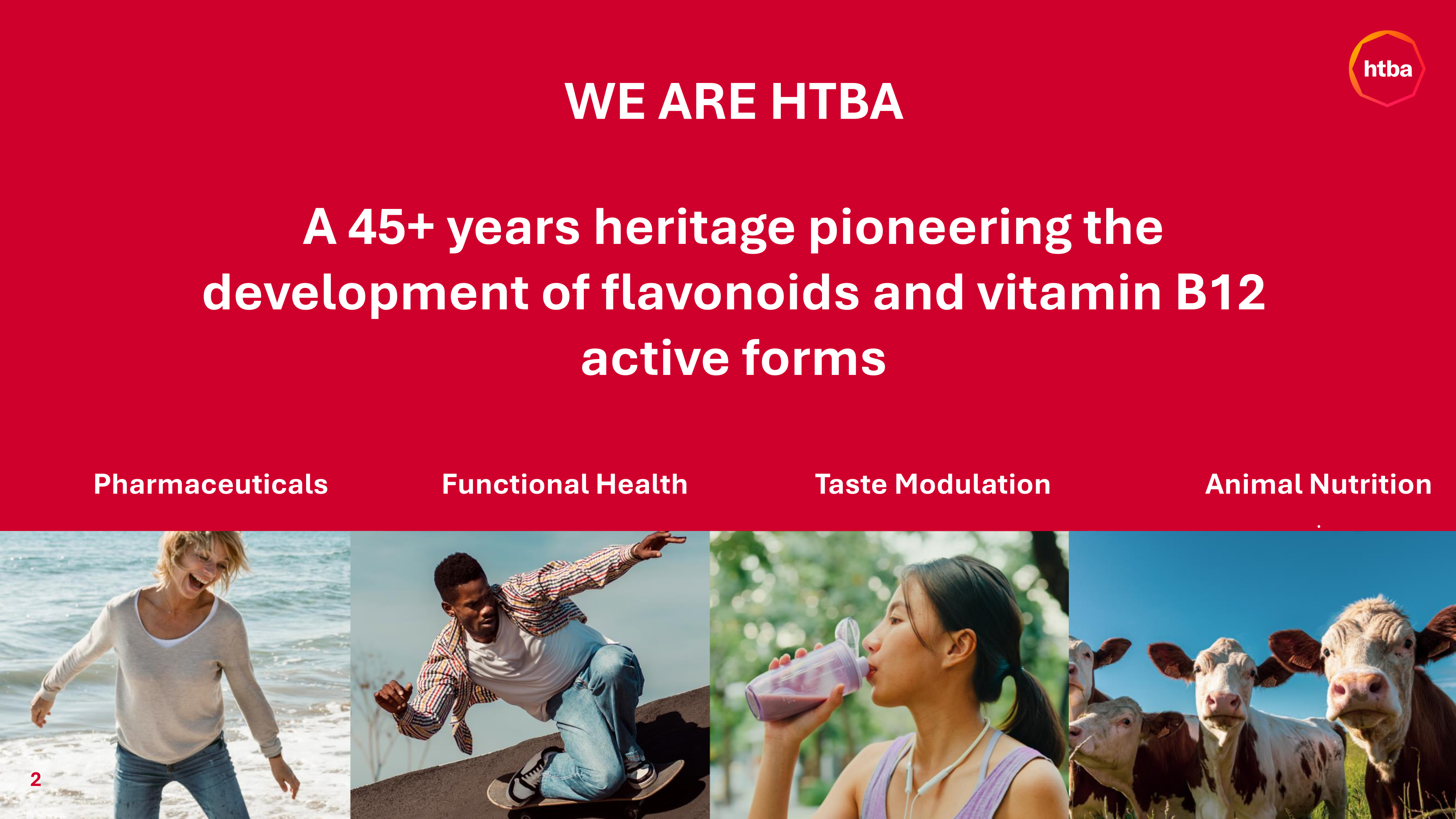
As a European pioneer in vitamin B12 active forms, HTBA serves pharmaceuticals, functional health, taste modulation, and animal nutrition markets.
From Spanish Citrus Groves to Global Wellness
Today, HTBA operates as the only company in the European Union capable of manufacturing all active forms of vitamin B12. Their state-of-the-art production facility sits in Beniel, Murcia, a town in southern Spain surrounded by the orange and lemon groves that supply raw materials for HTBA's citrus-derived flavonoid portfolio. The location is no accident; it connects the company's nature-led philosophy directly to ingredient sourcing.
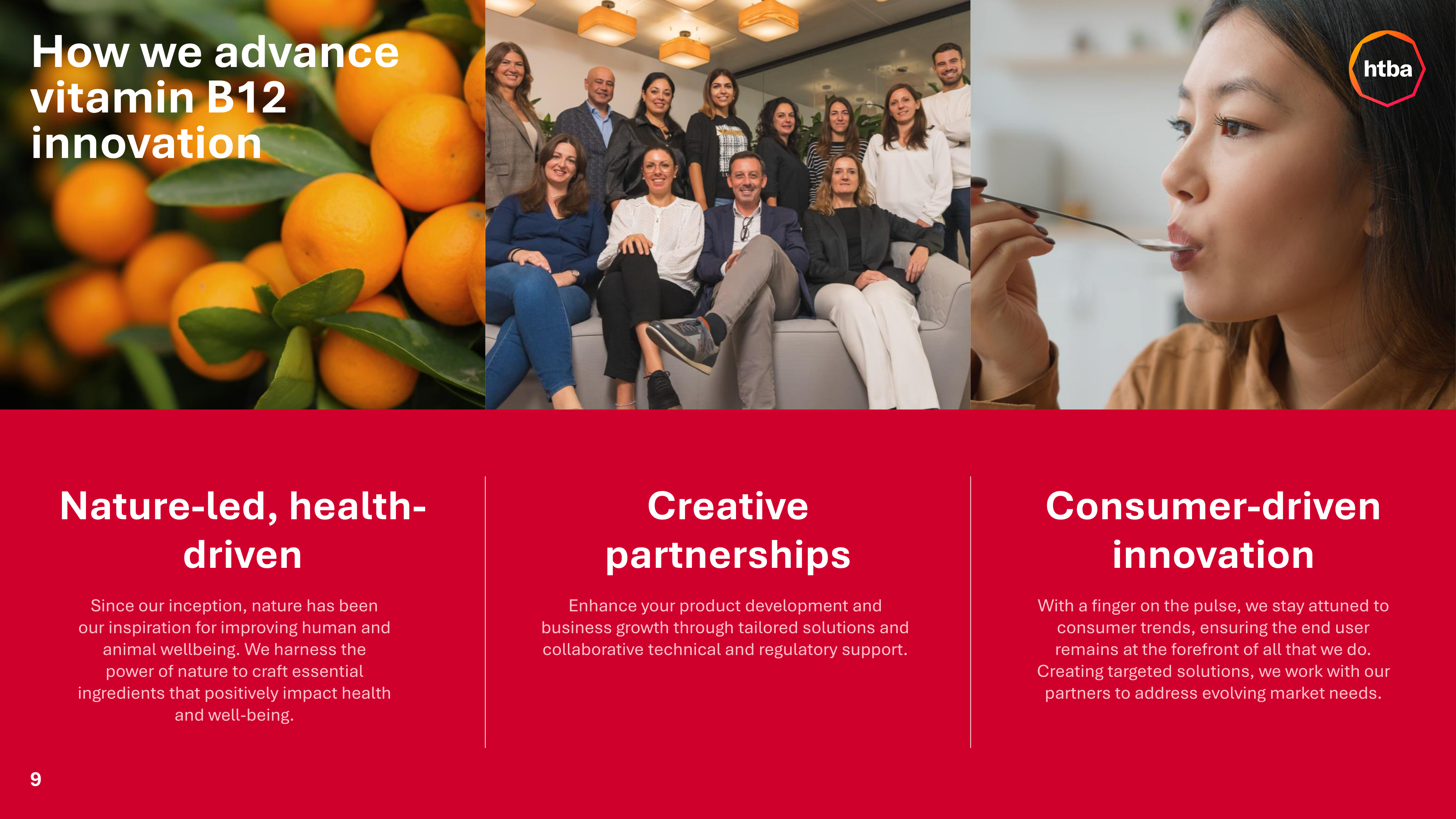
From Spanish citrus groves to collaborative partnerships, HTBA combines nature-based sourcing with consumer-focused product development.
From headquarters in Barcelona, HTBA coordinates sales across 60+ countries spanning six continents. The company maintains two ideation centers: one in Barcelona and another in Cincinnati, Ohio, where teams develop customized prototypes and provide formulation support tailored to customer needs.
Four Decades, Four Markets
HTBA's expertise extends across four primary sectors:
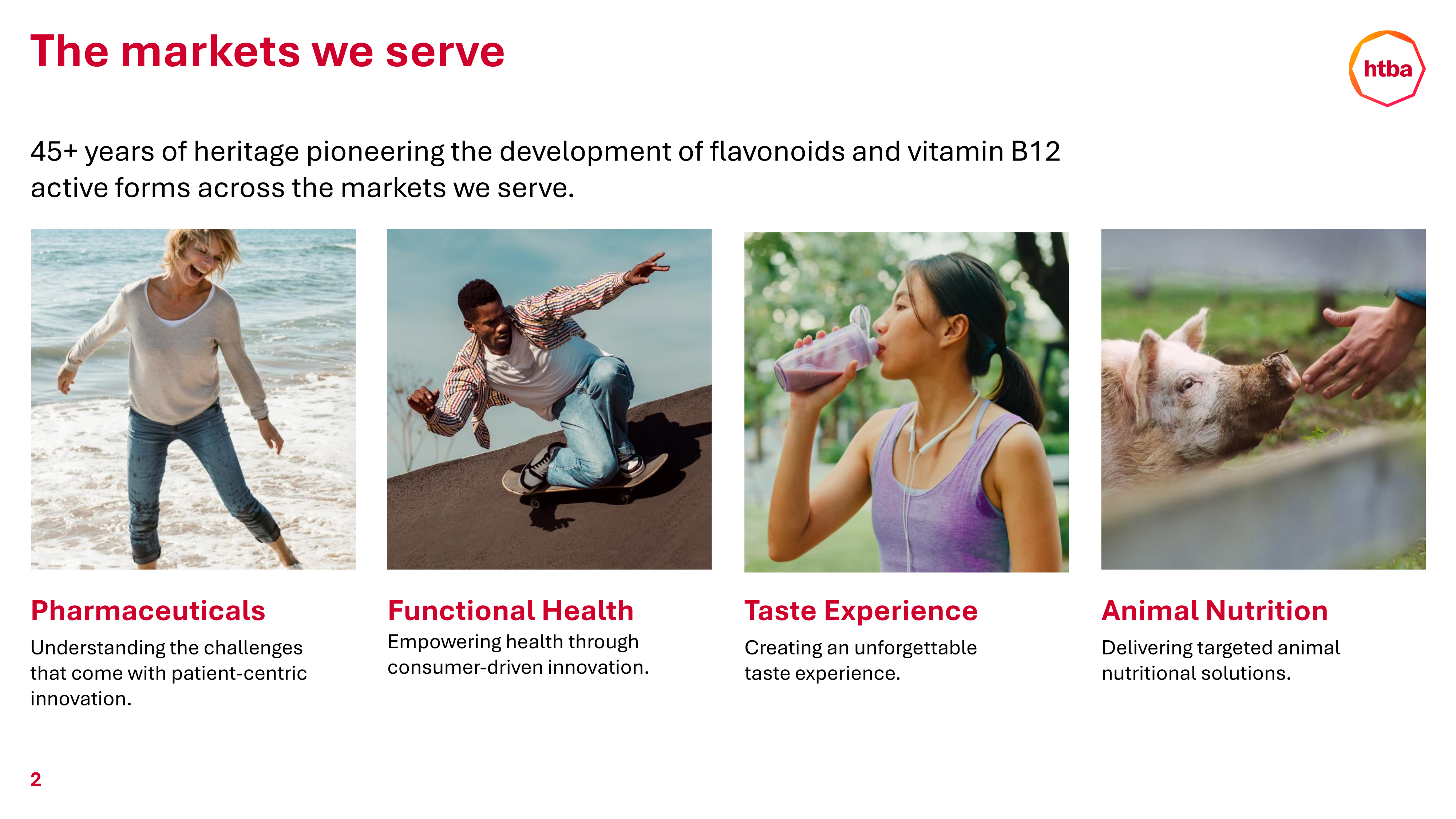
HTBA brings nearly half a century of vitamin B12 and flavonoid expertise across pharmaceuticals, functional health ingredients, taste modulation, and animal nutrition applications.
- Pharmaceuticals: Producing active pharmaceutical ingredients (APIs) with rigorous European manufacturing standards, including solvent-free production processes for compounds like diosmin.
- Functional Health: Developing branded ingredients for nutraceutical applications, including their vitamin B12 active forms portfolio.
- Taste Modulation: Manufacturing neohesperidin dihydrochalcone and other citrus-derived sweeteners.
- Animal Nutrition: Creating targeted nutritional solutions for livestock and companion animals.
This diversification reflects extraordinary technical knowledge of both flavonoid chemistry and cobalamin biochemistry -- expertise now channeled into making MecobalActive a differentiated methylcobalamin source.
Why B12 Form Matters: Beyond the Marketing Claims
Walk into any supplement store and you'll encounter two primary vitamin B12 forms: cyanocobalamin and methylcobalamin. Marketing materials often position methylcobalamin as "superior" because it's "already active" and "ready to use", while cyanocobalamin requires extra metabolic steps and contains a cyanide molecule. These distinctions aren't just marketing hyperbole -- they reflect fundamental biochemical differences with real implications for human health.
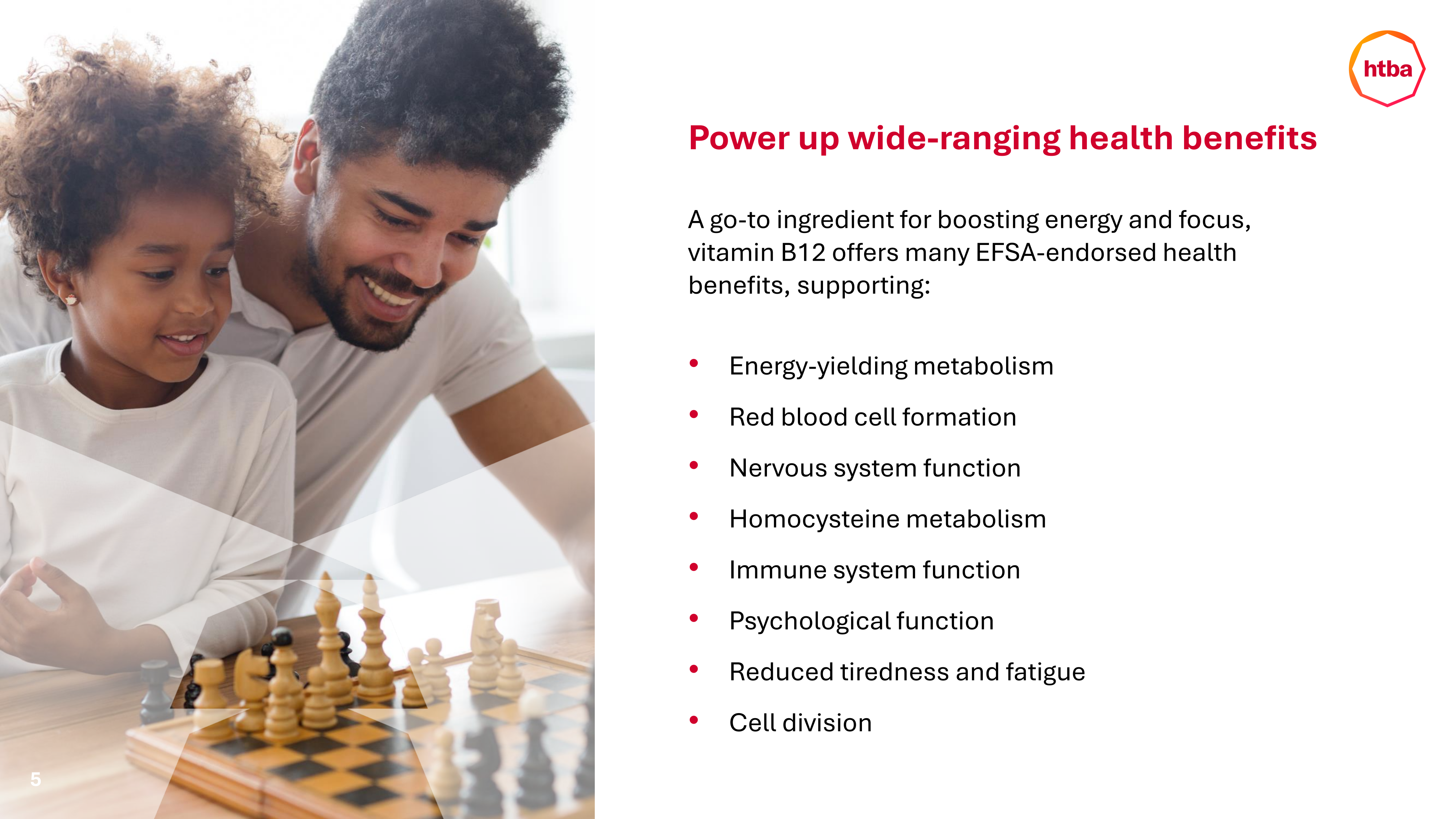
European health authorities recognize vitamin B12's contributions to metabolism, nervous system health, immune function, and reducing fatigue.
The Cyanocobalamin Problem
Cyanocobalamin represents a fundamentally different class of B12 supplement, and not for the better. Unlike the three naturally-occurring forms (methylcobalamin, adenosylcobalamin, and hydroxocobalamin), cyanocobalamin is synthetic and not found in nature.[2] This matters because cellular transporters evolved to recognize and absorb natural, food-derived forms of vitamin B12.
More problematically, cyanocobalamin is metabolically inactive in the human body. It requires conversion into methylcobalamin or adenosylcobalamin before providing any biological function -- a process demanding four separate biochemical reactions. This conversion releases cyanide moieties intracellularly, raising concerns about potential toxicity during long-term supplementation, especially in vulnerable populations with compromised kidney function or detoxification capacity.[2]
Methylcobalamin's Biological Advantages
Research consistently demonstrates methylcobalamin's superiority across multiple parameters:
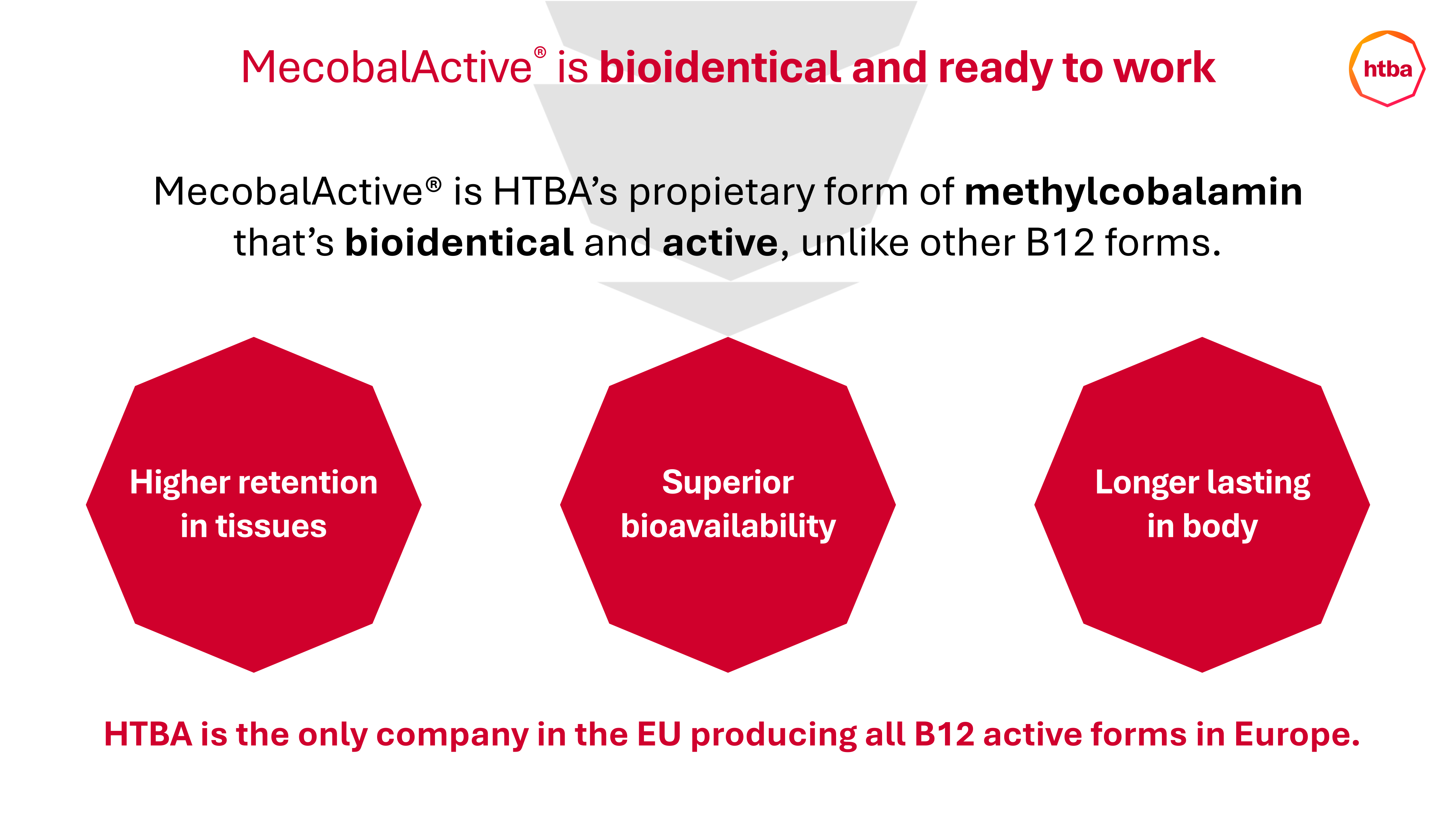
HTBA's proprietary vitamin B12 form delivers superior tissue retention, better absorption, and longer-lasting activity compared to standard options.
-
Superior Bioavailability
Studies show methylcobalamin achieves greater tissue retention and lower urinary excretion compared to cyanocobalamin.[3] Paul and Brady's comprehensive review concluded that ingestion of cyanocobalamin results in lower tissue retention of active vitamin B12 than naturally occurring forms, which may be especially problematic in individuals with genetic polymorphisms affecting B12 metabolism.[2]
-
Enhanced Cellular Uptake
Methylcobalamin demonstrates improved permeation through small intestine cells compared to cyanocobalamin, facilitating more efficient absorption at the cellular level.[4] This enhanced uptake translates to better utilization by tissues requiring vitamin B12 for critical metabolic functions.
-
Microbiome Benefits
Interestingly, methylcobalamin and cyanocobalamin exert opposite effects on gut bacteria composition.[5] Methylcobalamin promotes growth of beneficial butyrate-producing bacteria (microorganisms associated with intestinal health, anti-inflammatory effects, and improved metabolic function). In contrast, cyanocobalamin promotes growth of potentially harmful, pro-inflammatory E. coli strains! This differential impact on the microbiome represents an underappreciated but potentially significant distinction between B12 forms.
-
Direct Bioactivity
HTBA's proprietary methylcobalamin stays in tissues longer and gets absorbed more efficiently than typical vitamin B12 ingredients.
As one of only two bioactive coenzyme forms (alongside adenosylcobalamin), methylcobalamin serves as the direct cofactor for methionine synthase in the cytosol. While intracellular processing still occurs, methylcobalamin enters cells in a form immediately recognizable and utilizable by enzymatic systems, unlike cyanocobalamin which must undergo complete structural transformation.
Manufacturing Quality: Where Differentiation Lives
While methylcobalamin inherently offers biological advantages, not all methylcobalamin ingredients are created equal. Manufacturing precision, purity, and formulation characteristics determine whether theoretical benefits translate to clinical outcomes.
HTBA's proprietary green chemistry manufacturing process yields MecobalActive with several distinctive advantages:
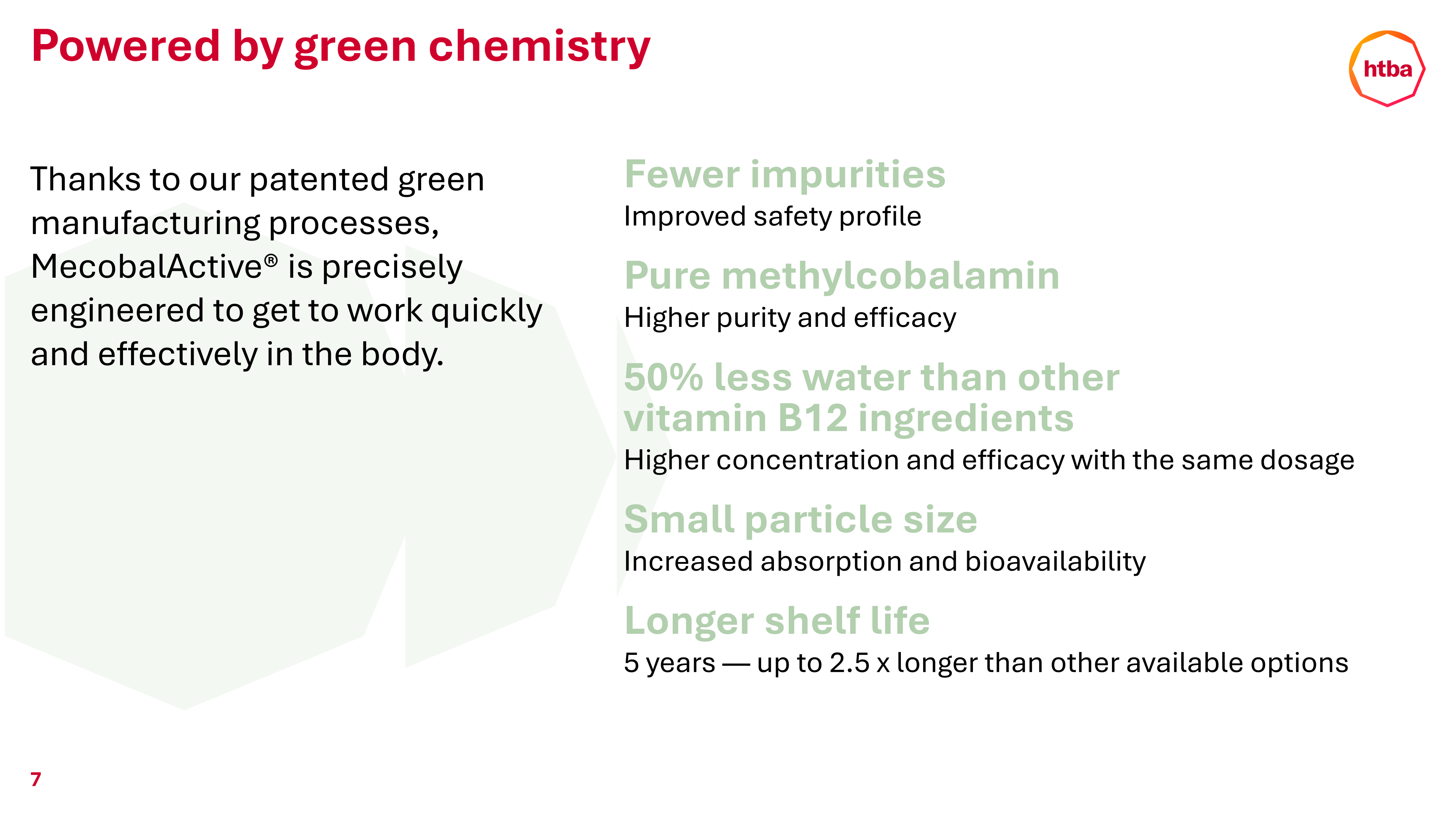
HTBA's patented process yields purer methylcobalamin with less water content, optimized particles, and up to 2.5 times longer shelf life.
MecobalActive's Manufacturing Edge
50% Less Water Content
MecobalActive contains 50% less water than typical vitamin B12 ingredients. This means higher active concentration per unit weight, allowing formulators to achieve target doses with less material and less concerns for hygroscopic effects with other ingredients. For products with limited space in capsules or tablets, this concentration advantage matters significantly.
Particle Size Optimization
The manufacturing process produces small, homogeneous particles that increase dissolution rate and bioavailability. While methylcobalamin already shows favorable absorption characteristics, optimized particle size removes a potential barrier to efficient uptake.
Purity and Safety Profile
Fewer impurities mean an improved safety profile, which is critical given that vitamin B12 crosses the blood-brain barrier and reaches the central nervous system. HTBA emphasizes this point: any impurities present in a B12 supplement may end up in neural tissue, where they don't belong.
The company subjects MecobalActive to rigorous quality control throughout the value chain, maintaining certifications including:
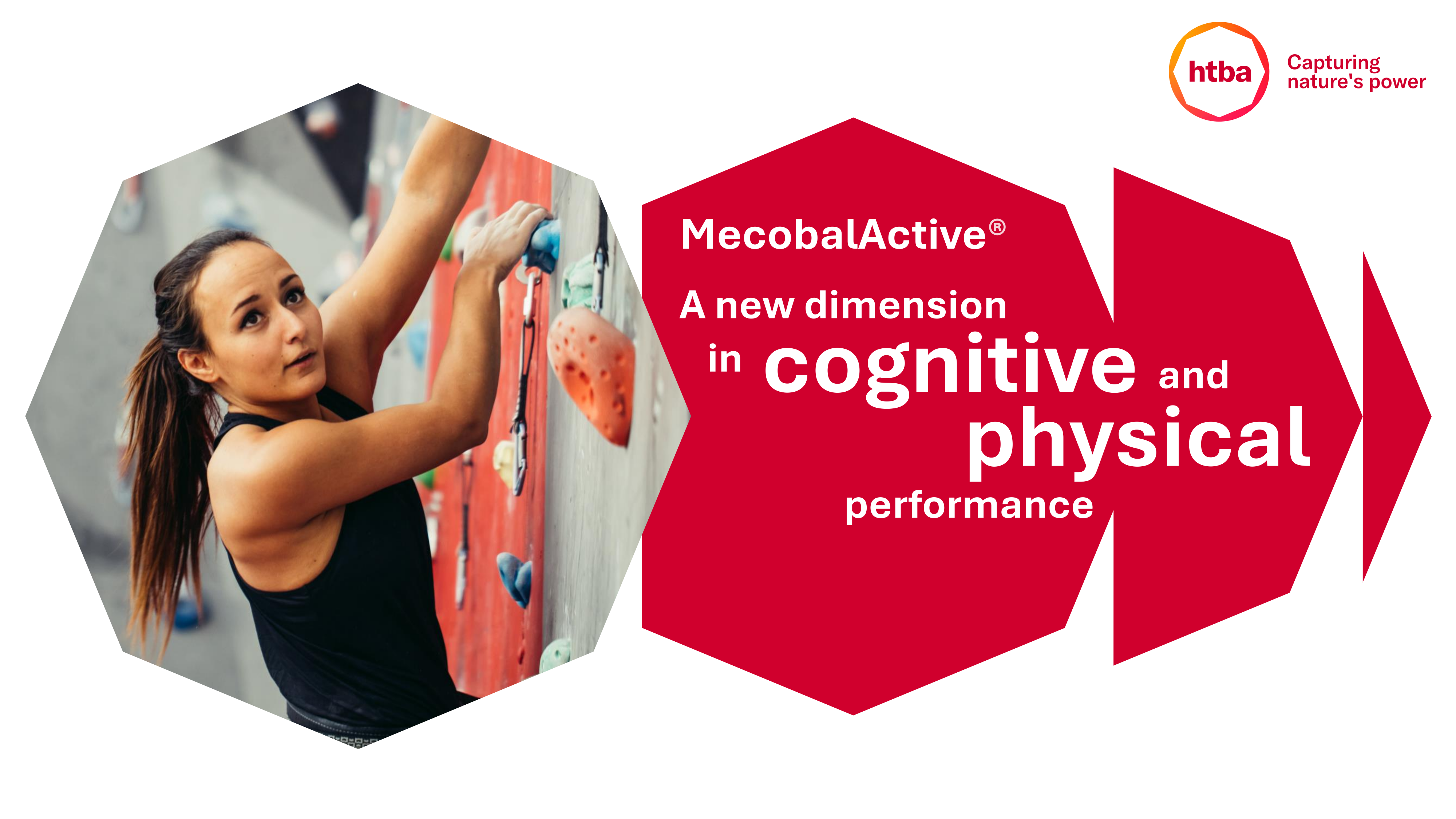
HTBA's methylcobalamin ingredient brings together mental sharpness and athletic power in one bioidentical vitamin B12 form.
- Good Manufacturing Practice (GMP)
- ISO 9001 (Quality Management)
- ISO 22000 and FSSC 22000 (Food Safety)
- ISO 14001 (Environmental Management)
- ISO 45001 (Occupational Health & Safety)
- Kosher and Halal certifications
- FAMI-QS (for animal nutrition applications)
Shelf Life: 2.5-Fold Advantage
Most striking is MecobalActive's five-year shelf life, which is up to 2.5 times longer than alternative B12 ingredients on the market. Methylcobalamin historically suffered from stability concerns, especially sensitivity to light and moisture. HTBA's manufacturing approach better addresses these vulnerabilities, creating a more robust ingredient that maintains potency throughout product shelf life.
This stability advantage reduces waste, improves inventory management for brands, and ensures consumers receive full-potency products closer to expiration dates.
Green Chemistry: The Sustainability Story
HTBA markets its manufacturing process as environmentally conscious "green chemistry", though specifics remain proprietary. The company positions its B12 production alongside citrus flavonoid extraction in what they describe as a "circular business model" that prioritizes sustainable sourcing and efficient production.
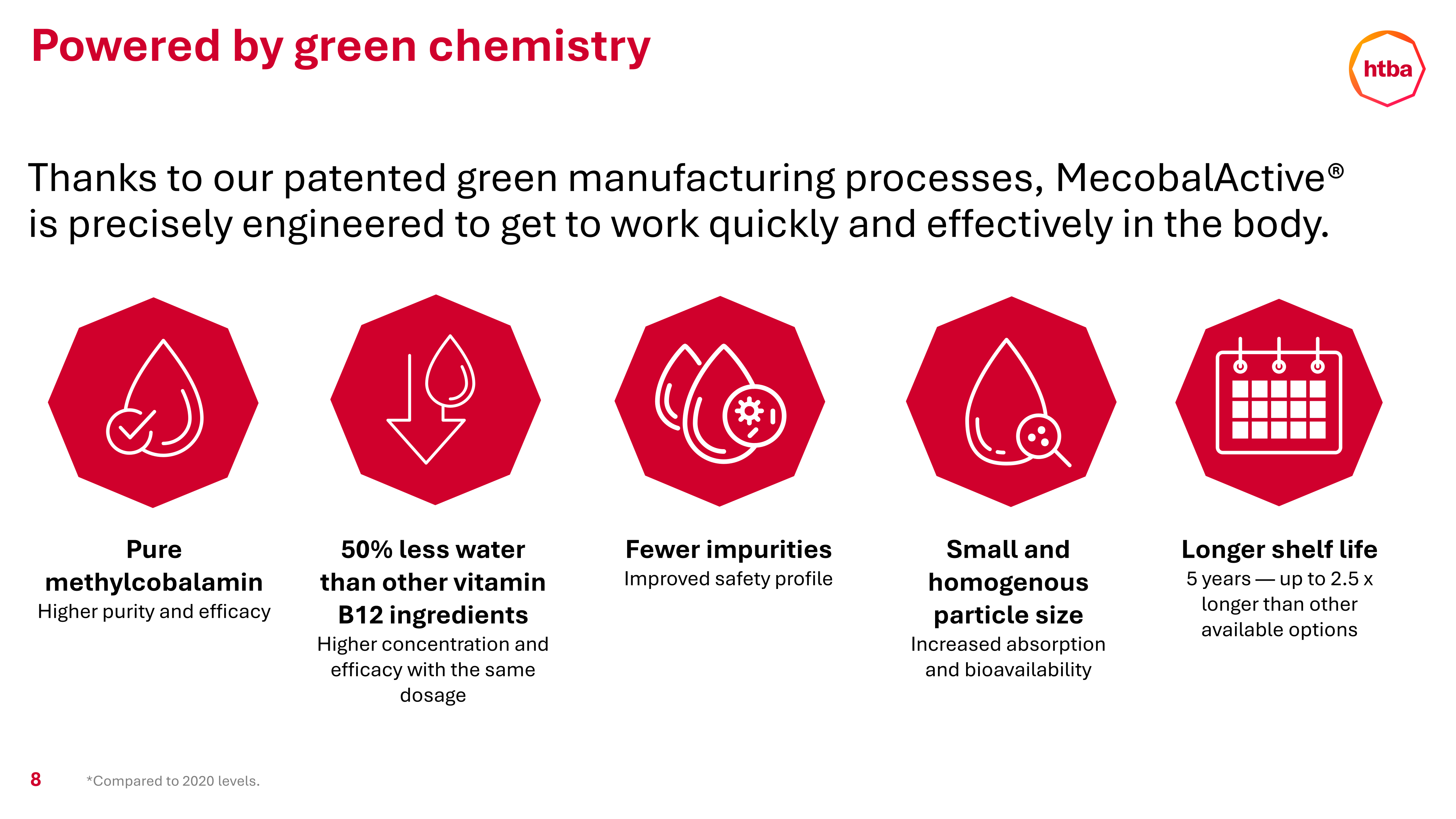
HTBA's patented production process creates a more concentrated, stable, and bioavailable methylcobalamin with exceptional shelf life.
The facility upgrade completed in 2022 expanded B12 active forms production capacity while incorporating modern environmental controls. For brands increasingly scrutinized on sustainability commitments, HTBA's European manufacturing standards and environmental certifications (ISO 14001, EcoVadis recognition) provide third-party validation of environmental practices.
The European Manufacturing Distinction
HTBA emphasizes its unique position as the sole EU producer of all B12 active forms. European pharmaceutical and food safety regulations set high bars for manufacturing practices, ingredient purity, and quality documentation. Brands sourcing from HTBA gain access to this regulatory infrastructure, which is especially valuable when formulating for European markets or meeting international quality expectations.
The dual innovation centers in Barcelona and Cincinnati enable HTBA to provide localized technical support, prototype development, and regulatory guidance. Rather than simply selling raw material, the company positions itself as a co-development partner helping brands translate ingredient benefits into finished products.
Beyond the Ingredient: The Partnership Model
During recent industry presentations, HTBA representatives stressed their "consumer-driven innovation" philosophy. Rather than developing ingredients in isolation, the company monitors wellness trends and works backward to create solutions addressing unmet needs.
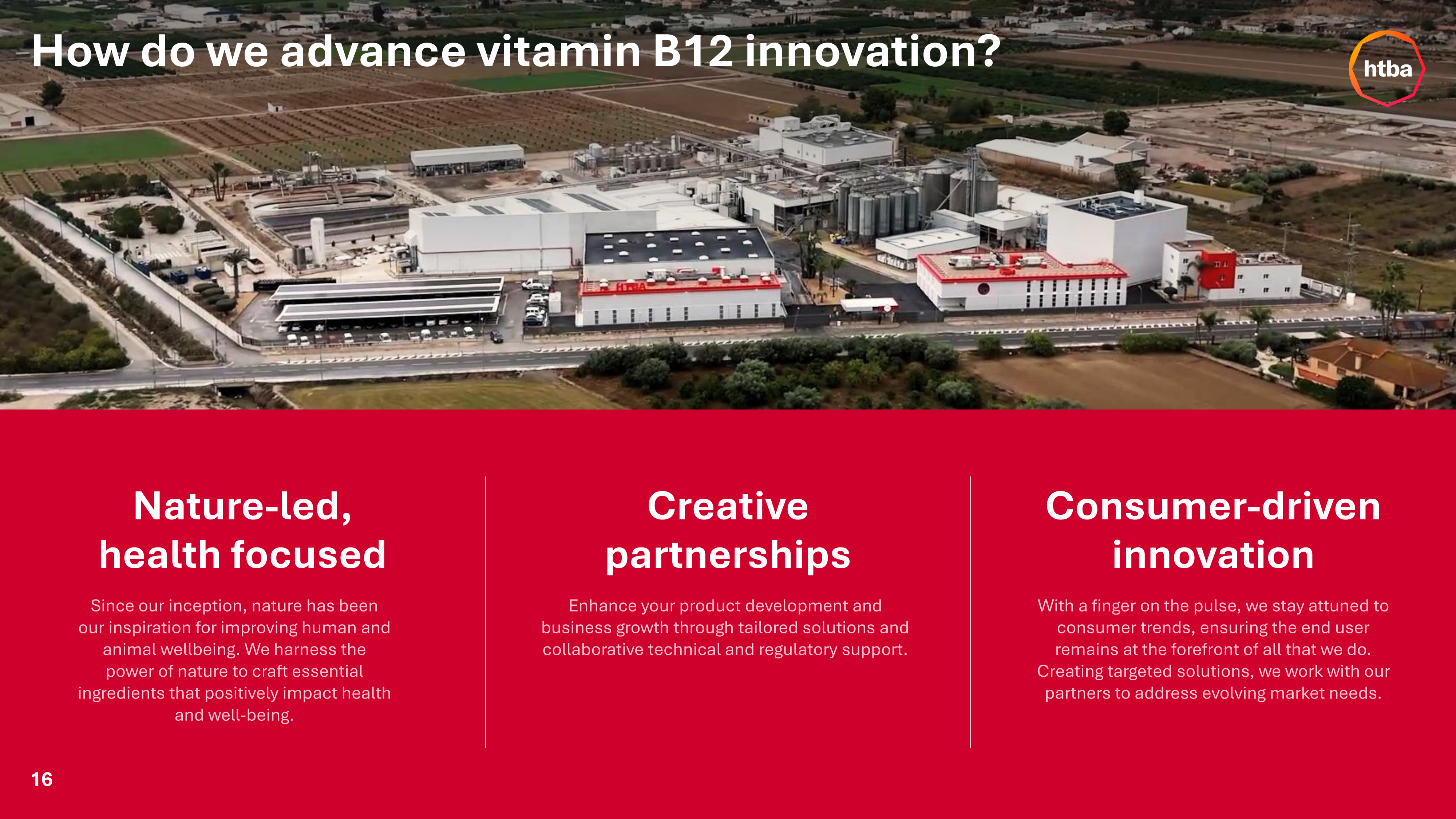
From their European production site, HTBA advances vitamin B12 technology through nature-led formulation, creative partnerships, and consumer-driven innovation.
This approach led directly to the clinical research we'll examine below. Recognizing that modern consumers seek performance enhancement rather than deficiency correction, HTBA funded research in healthy, active individuals -- a population typically excluded from vitamin B12 studies. The decision reflects understanding that today's supplement buyers operate from different motivations than previous generations.
Clinical Evidence: Challenging Conventional B12 Research
Traditional vitamin B12 research follows a predictable pattern: identify deficient populations, correct deficiency, measure outcomes months later. This approach makes sense when addressing clinical deficiency states -- pernicious anemia patients need supplementation, vegans require dietary intervention, elderly populations with malabsorption benefit from high-dose protocols.
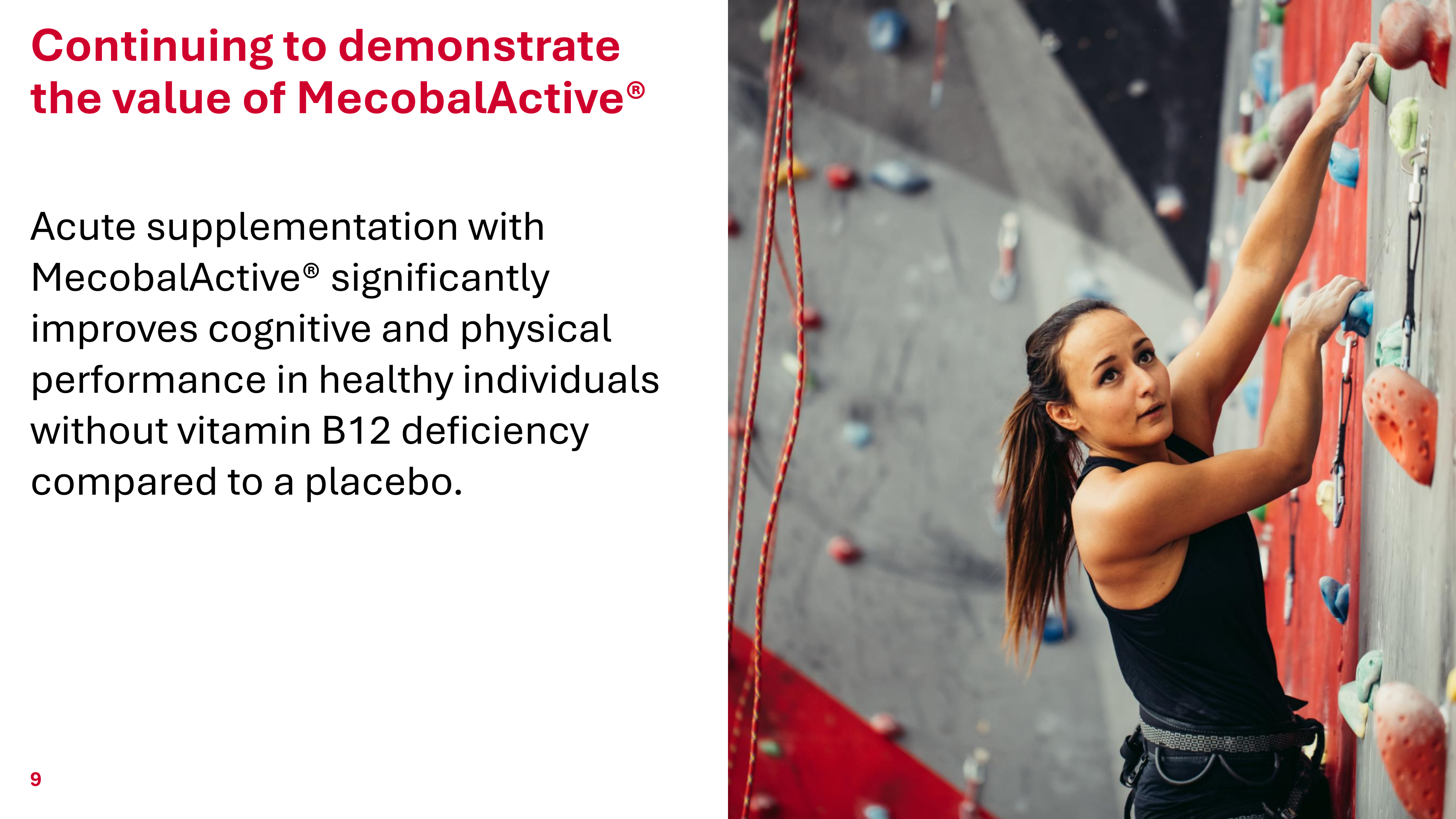
Studies in healthy athletes confirm that just three days of supplementation improves both physical power and mental processing speed.
But HTBA asked a different question: What happens when healthy, active individuals with normal B12 levels take methylcobalamin for just three days?
Suggested addition (new paragraph): "The answer challenges assumptions about B12 supplementation timelines, target populations, and physiological effects, changing the vitamin B12 conversation in just three simple days.
Critically, this research used methylcobalamin specifically, not the synthetic cyanocobalamin found in many supplements. Given cyanocobalamin's requirement for four metabolic conversions, release of cyanide moieties, and inferior tissue retention (all discussed above in the "Why B12 Form Matters" section), acute performance benefits within three days would be unlikely or impossible with that inferior form. The choice of bioidentical methylcobalamin is thus essential to demonstrating rapid-onset benefits:
Study Design: Rigor Meets Real-World Application
HTBA conducted a randomized, triple-blind, crossover clinical trial with 18 well-trained amateur cyclists. The study design deserves attention for several methodological strengths that distinguish it from typical B12 research.
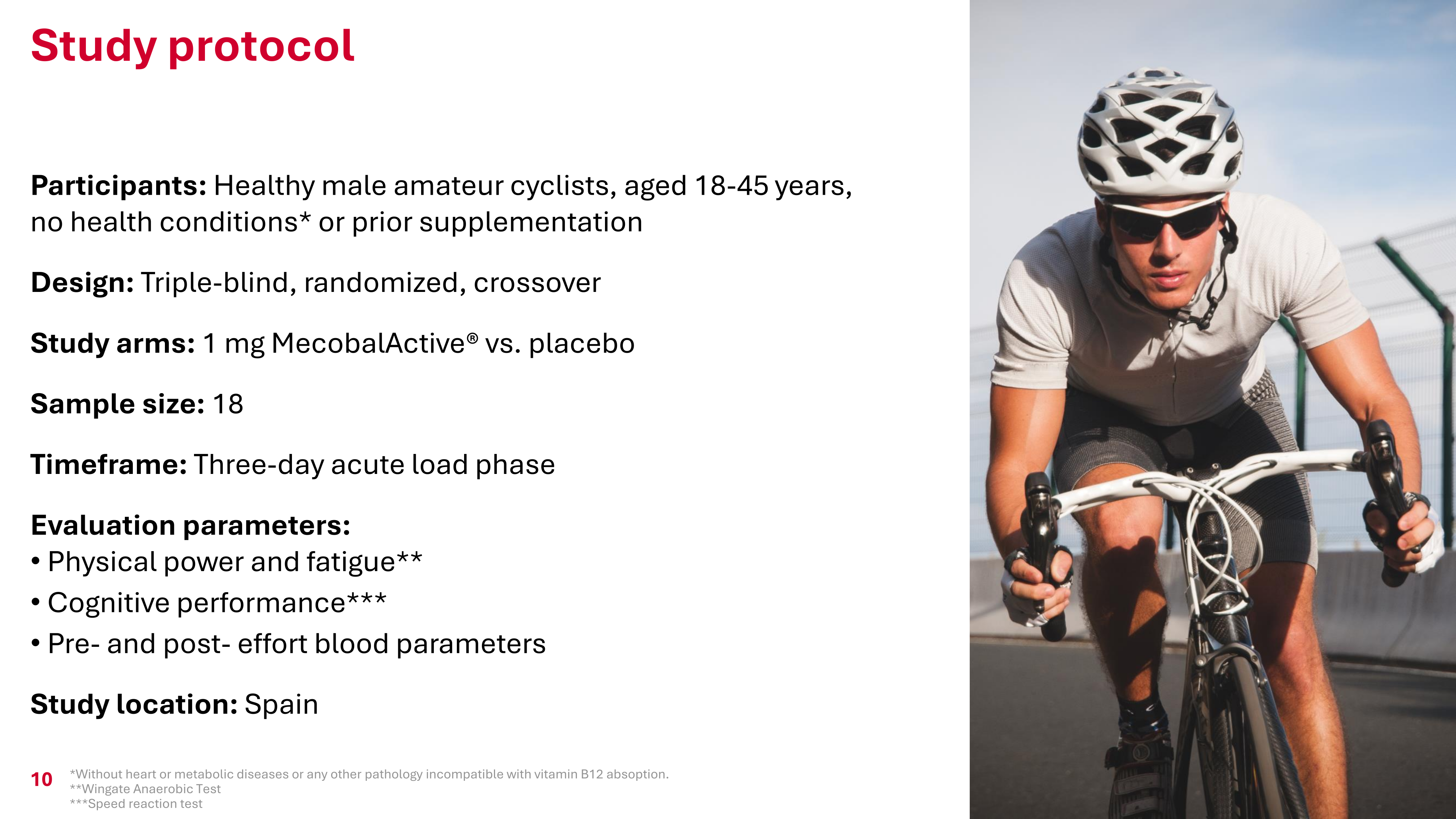
Researchers tested whether short-term vitamin B12 supplementation could enhance performance in active individuals without any deficiency.
Participant Selection
Rather than recruiting B12-deficient individuals, researchers enrolled cyclists with normal baseline vitamin B12 levels (average 804 pg/mL, well within standard reference ranges). Participants trained 4-6 days weekly, with an average age of 32 years, 11% body fat, and nearly 48% muscle mass. These weren't sedentary office workers or clinical patients. They were active individuals seeking performance optimization.
Intervention Protocol
Each participant received 1mg (1,000mcg) MecobalActive daily for three consecutive days before testing, with a seven-day washout period between the active and placebo phases. The crossover design meant every participant served as their own control, minimizing inter-individual variability.
The acute loading protocol differs dramatically from conventional supplementation studies extending weeks or months. This short timeframe tests whether methylcobalamin produces rapid effects independent of long-term repletion of tissue stores.
Assessment Methods
Researchers measured three primary outcome categories:
- Physical Performance: Five repeated Wingate tests (30-second all-out cycling sprints separated by 3-minute recovery periods) measured maximum power output, relative power, and fatigue index across efforts.
- Cognitive Function: A mental agility test using light-response photocells measured total completion time for 120 reactions (three sets of 40 lights). Participants completed testing before the Wingate protocol, at rest, to isolate cognitive effects from physical fatigue.
- Biochemical Markers: Blood draws before and after testing measured plasma vitamin B12 concentrations.
The triple-blind protocol meant participants, researchers conducting assessments, and data analysts remained unaware of treatment assignment until completion -- the gold standard for minimizing bias.
The Results: Quantifying Performance Enhancement
The results were nothing short of extraordinary, especially given the short time frame:
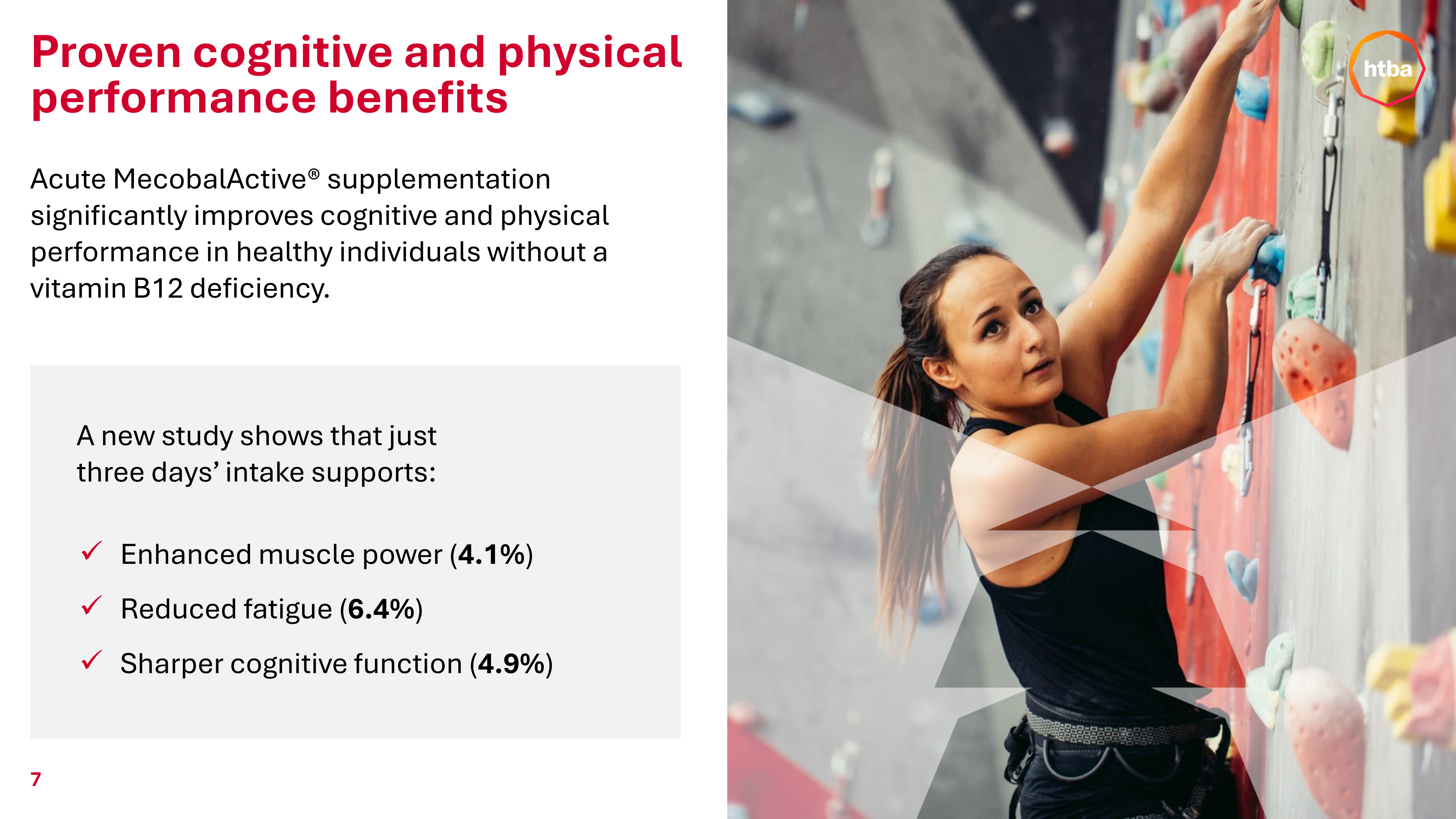
Clinical research in healthy cyclists showed that a short loading protocol with MecobalActive boosted power output, reduced fatigue, and sharpened mental processing.
-
Physical Power Output: 4% Improvement
After three days of MecobalActive supplementation, participants demonstrated significantly higher maximum power output across five Wingate sprints:
After just three days, athletes generated significantly more watts during maximum-effort sprints compared to placebo.
- Absolute maximum power: 764W (MecobalActive) vs. 734W (placebo) -- a 30-watt increase (+4.1%, p=0.016)
- Relative maximum power: 10.74 W/kg vs. 10.29 W/kg -- a gain of 0.45 W/kg (+4.4%, p=0.013)
In competitive cycling, 4% additional power output at the same perceived effort translates to meaningful time advantages. The Wingate test requires maximal anaerobic effort, as in the type of explosive power determining sprint finishes, hill attacks, and acceleration out of corners.
-
Fatigue Resistance: 6% Better Maintenance
The fatigue profile was also incredibly impressive. Comparing the first sprint to the fifth sprint, MecobalActive reduced the fatigue drop:
The methylcobalamin group maintained power output much better across five intense cycling sprints than those taking placebo.
- Percentage change in fatigue index: 7.4% decline (MecobalActive) vs. 31.8% decline (placebo), indicating dramatically better fatigue resistance
- Absolute fatigue index difference: 1.3% vs. 7.8% between first and fifth efforts (p=0.012)
This finding suggests MecobalActive didn't just boost initial power output, it helped maintain performance across repeated maximal efforts. In practical terms, athletes sustained intensity better through multiple high-intensity intervals.
-
Cognitive Performance: 5% Faster Response
Before any physical testing, participants completed the mental agility assessment. MecobalActive significantly reduced total completion time:
Reaction speed testing showed measurably faster mental processing after three days of vitamin B12 supplementation.
- Total response time: 29.75 seconds (MecobalActive) vs. 31.27 seconds (placebo) -- 1.52 seconds faster (-4.9%, p<0.001)
Nearly 5% improvement in cognitive processing speed occurred at rest, before physical exertion. The light-response test measures attention, reaction time, and hand-eye coordination, all cognitive domains relevant to sports requiring split-second decisions.
-
Biomarker Confirmation: 17% B12 Elevation
Plasma vitamin B12 levels increased significantly after three days of supplementation:
- Mean B12 concentration: 924 pg/mL (MecobalActive) vs. 804 pg/mL (baseline placebo) -- 120 pg/mL increase (+16.8%, p=0.008)
- Individual responses: 72% of participants (13 of 18) showed >10% increases in plasma B12
A brief loading phase improved power output during intense exercise, reduced fatigue accumulation, and accelerated cognitive response.
This biomarker response confirms that three-day supplementation meaningfully elevated circulating vitamin B12, even in individuals starting with adequate levels. The ingredient achieved systemic distribution rapidly enough to correlate with performance outcomes.
Mechanisms: How Does Acute B12 Supplementation Work?
The study demonstrated clear effects but raises mechanistic questions. How does three days of methylcobalamin supplementation improve both physical power and cognitive speed in non-deficient individuals?
Neurological Pathway Hypothesis
Research on methylcobalamin's neurological effects provides potential explanations. Studies show methylcobalamin can:[6]
- Improve nerve conduction velocity through enhanced myelin synthesis
- Suppress spontaneous ectopic discharges in peripheral sensory neurons (reducing neuropathic pain)
- Restore neuromuscular function in peripheral nerve conditions
Even in healthy individuals, optimizing nerve conduction and neuromuscular signaling could improve motor unit recruitment, which is the brain's ability to activate muscle fibers maximally during explosive efforts. Better neural drive means more muscle fibers contracting synchronously, generating greater force.
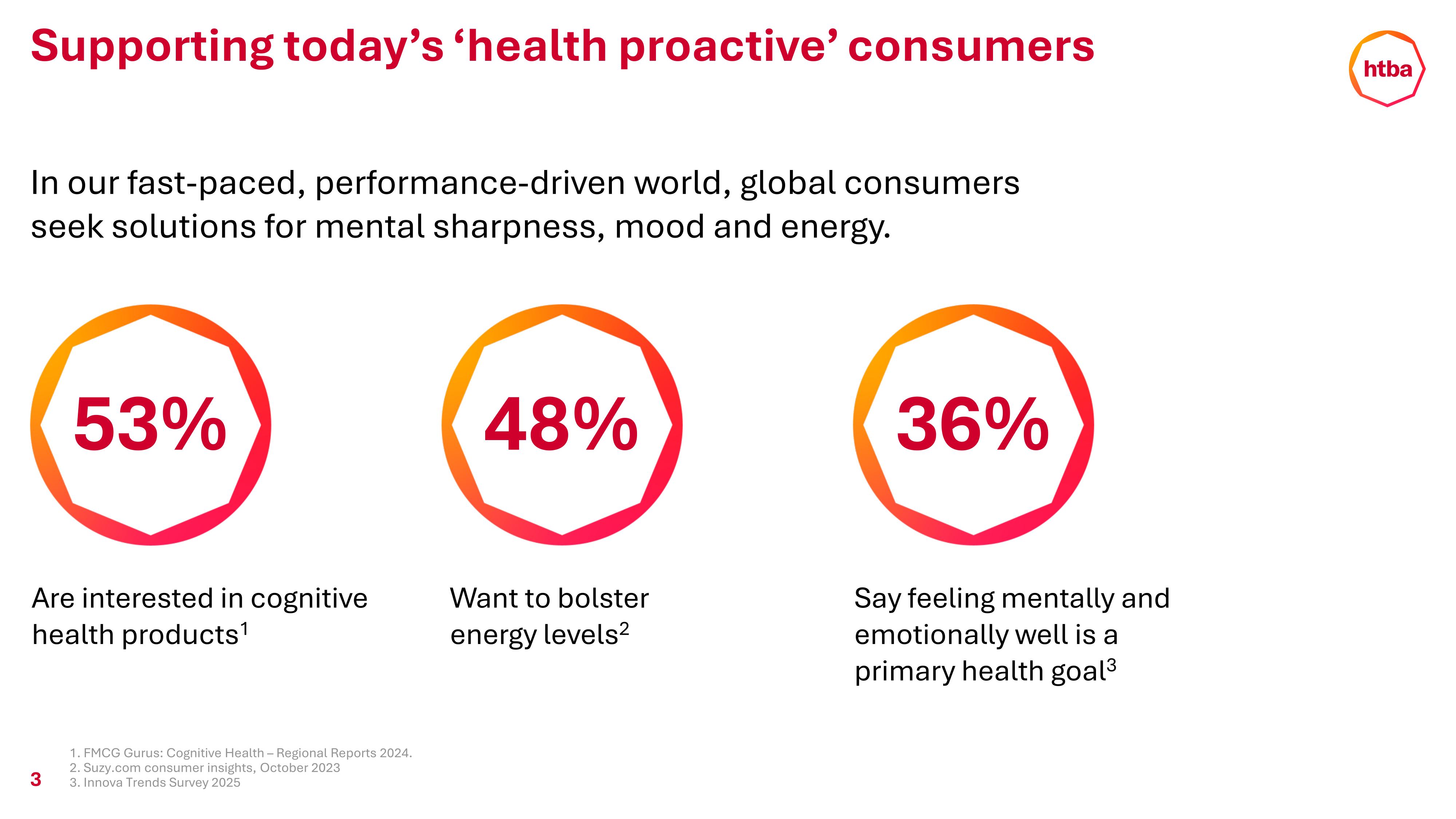
Over half of today's health-conscious consumers seek cognitive and energy benefits from their supplements, with mental wellness ranking as a top priority.
The cognitive improvements align with this neurological mechanism. Faster nerve signaling enhances reaction time and information processing speed... exactly what the mental agility test measured.
Reduced Perception of Effort
Interestingly, methylcobalamin research in diabetic neuropathy shows it reduces pain perception and subjective fatigue symptoms.[7] While study participants weren't experiencing neuropathic pain, the same mechanisms affecting pain signaling might influence effort perception during maximal exercise.
Wingate tests hurt. They're designed to push athletes to absolute limits. If methylcobalamin modulates how the nervous system perceives and responds to extreme exertion, athletes might sustain higher power outputs longer -- not because muscles became stronger, but because the brain tolerates greater discomfort.
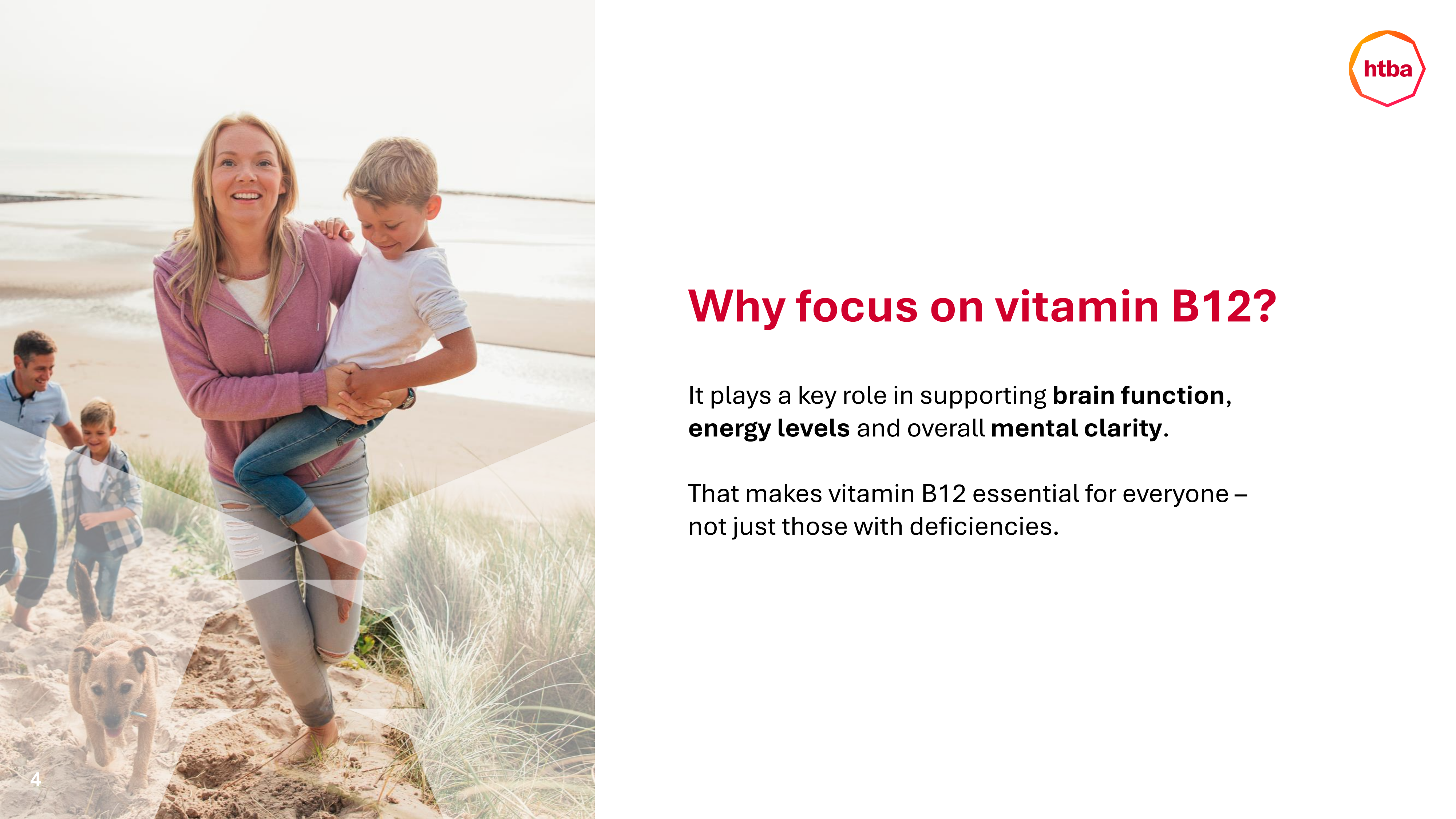
Vitamin B12's role in supporting mental sharpness and sustained energy makes it valuable for everyone, not just those dealing with deficiencies.
Antioxidant System Enhancement
In vitro research demonstrates that vitamin B12 promotes indirect antioxidant activity by upregulating superoxide dismutase and catalase enzymes.[8,9] Methylcobalamin specifically activates the Nrf2 pathway, stimulating antioxidant gene transcription.
Reactive oxygen species accumulate during intense exercise, contributing to fatigue. Enhanced antioxidant defenses could delay fatigue onset, explaining the improved fatigue index between first and fifth Wingate sprints.
Mitochondrial Function
While not directly measured in this study, vitamin B12's role in mitochondrial metabolism through adenosylcobalamin (the other active B12 form) might contribute to performance effects. Even though participants supplemented methylcobalamin specifically, interconversion between active B12 forms occurs intracellularly.
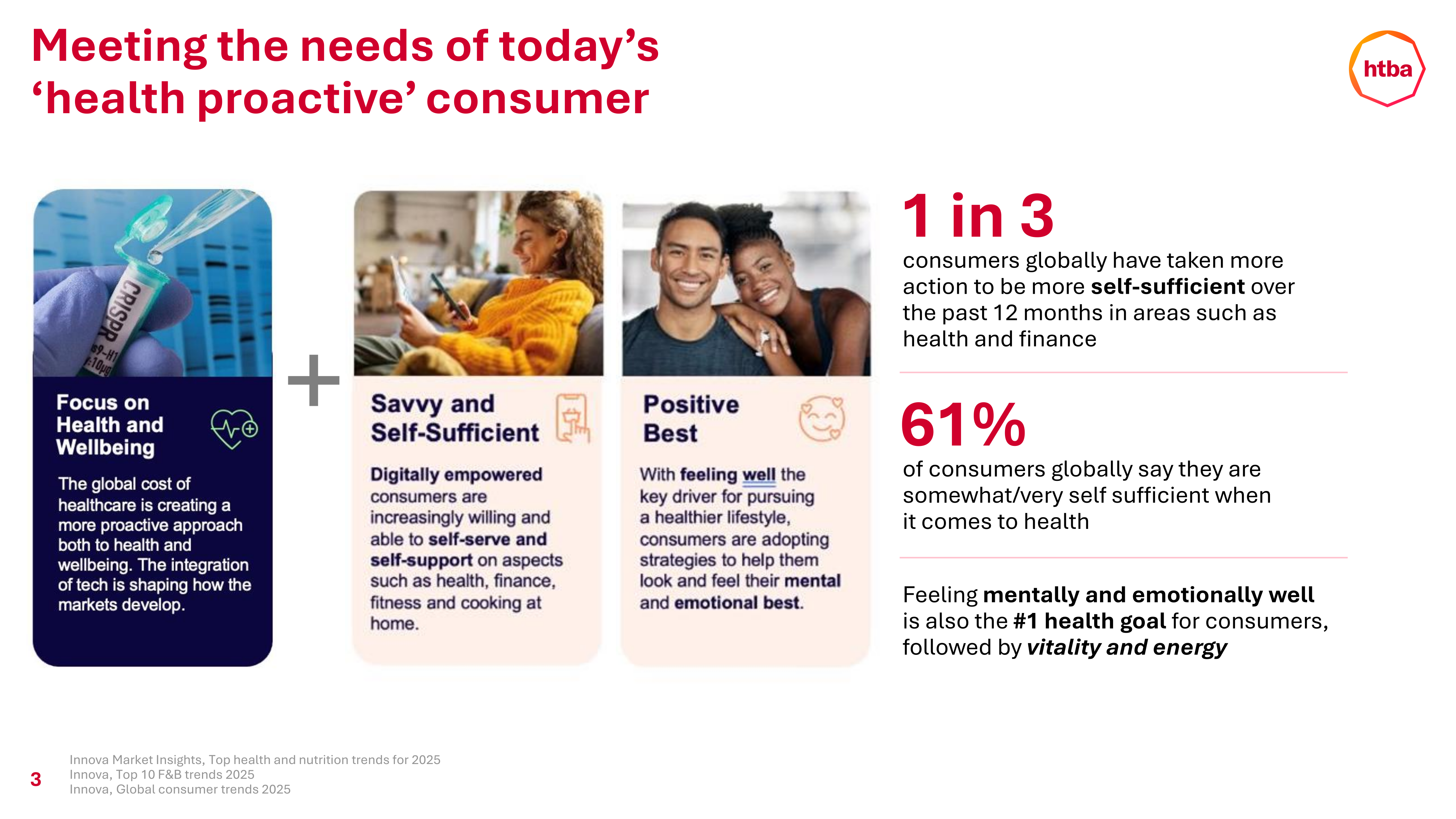
Most consumers now take charge of their own wellness, prioritizing mental clarity and sustained energy over simply correcting deficiencies.
Improved mitochondrial energy production would support both anaerobic power output and cognitive function, both of which demand substantial ATP.
What Makes This Research Different
Several aspects of this study distinguish it from typical vitamin B12 research:
-
Healthy, Non-Deficient Population
Previous B12 performance studies largely examined deficient individuals or used cyanocobalamin rather than methylcobalamin. The use of cyanocobalamin in earlier research likely explains null findings, given that synthetic form's metabolic inefficiency, lower tissue retention, and requirement for extensive conversion before becoming bioactive. By using methylcobalamin specifically, this study tested a bioidentical form capable of immediate cellular utilization.
-
Acute Supplementation Protocol
Three-day loading challenges the assumption that weeks or months of supplementation are necessary for performance effects. The rapid response suggests mechanisms beyond simple tissue B12 repletion.
-
Dual Physical and Cognitive Outcomes
Most B12 research examines either physical performance or cognitive function, rarely both simultaneously. The parallel improvements across domains suggest systemic effects on nervous system function.
-
Anaerobic vs. Aerobic Exercise
Previous performance studies using cyanocobalamin found no benefit for aerobic capacity (VO2max). This study tested anaerobic power through Wingate testing, a fundamentally different energy system relying more heavily on neuromuscular recruitment than oxidative metabolism.
The divergent results suggest B12 form and exercise modality both influence outcomes.
Target Applications: Beyond Endurance Athletes
The results suggest great sports and active nutrition applications that brands can now leverage:
- Competitive Athletes: Any sport requiring explosive power, repeated high-intensity efforts, or rapid reaction times could benefit: team sports, combat sports, track and field, CrossFit, Olympic weightlifting.
- Weekend Warriors: Recreational athletes seeking performance edges without chronic supplementation could use acute loading before competitions or challenging training blocks.
- Cognitive Demand Professions: Faster cognitive processing and sustained attention benefit students during exam periods, professionals during high-stakes presentations, or anyone facing mentally demanding tasks.
- Aging Populations: Older adults experiencing age-related declines in power output and cognitive speed might see meaningful functional improvements, even with adequate B12 status.
- Training Periodization: Rather than continuous supplementation, athletes might strategically time methylcobalamin loading around competition phases or intensive training blocks.
- Form-Conscious Consumers: Individuals specifically avoiding cyanocobalamin due to concerns about cyanide release, synthetic origins, or inferior bioavailability can confidently choose methylcobalamin-based products with MecobalActive, knowing the performance benefits are backed by clinical research using this superior form.
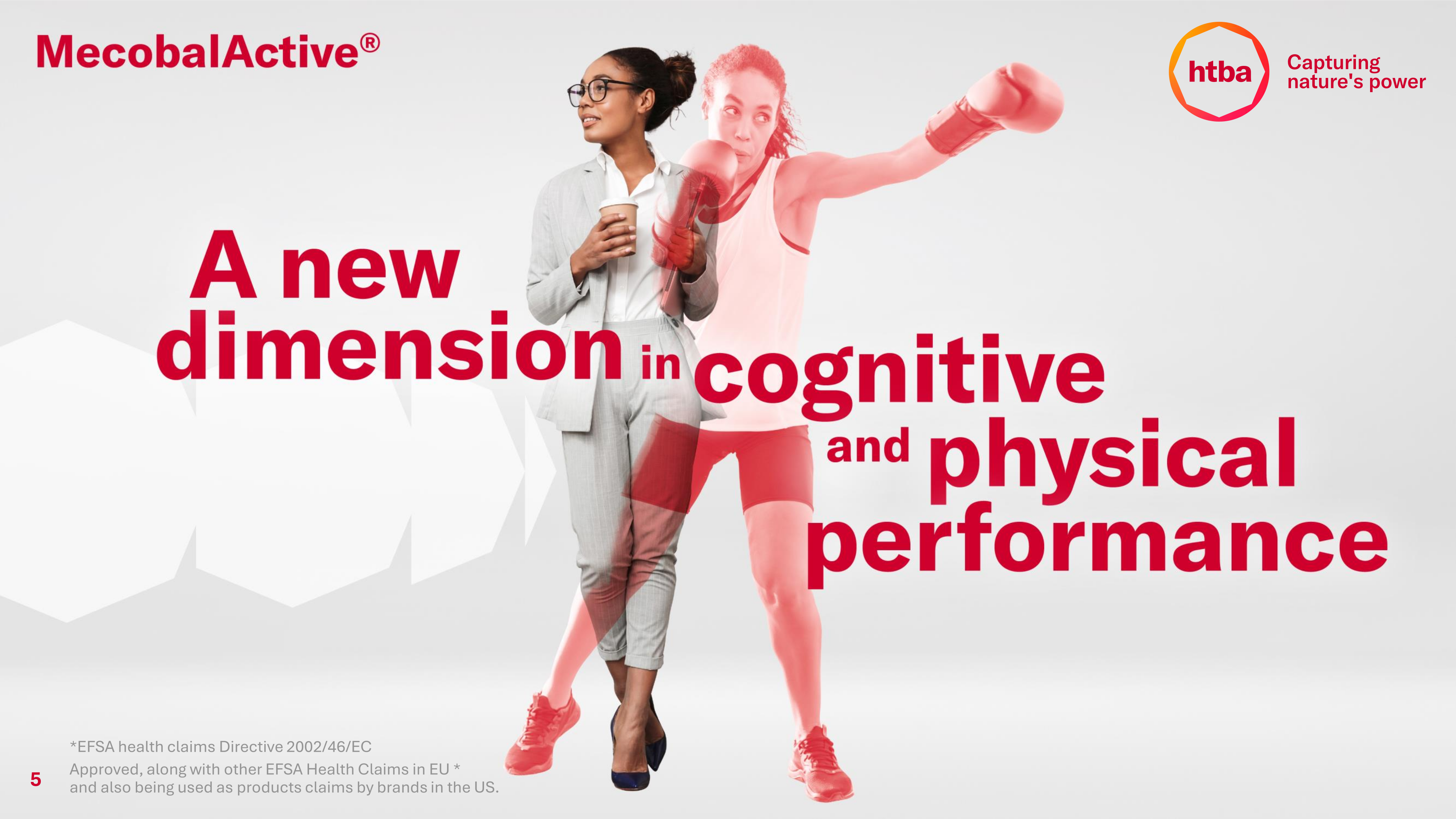
This bioidentical methylcobalamin addresses both cognitive demands and physical challenges that modern consumers face daily.
Limitations and Future Research Directions
Now that we've seen such great results, there's so much more to learn:
- Duration: Three-day acute effects don't predict what happens with chronic supplementation. Would effects plateau, continue improving, or diminish with time?
- Gender and Age: All participants were male cyclists aged 18-45. Women, older adults, and different athletic populations might respond differently.
- Mechanism Confirmation: While proposed mechanisms are plausible, direct measurement of nerve conduction velocity, antioxidant enzyme activity, or perception of effort would confirm pathways.
- Dose-Response: The 1mg dose proved effective, but is it optimal? Would 500mcg work equally well? Would 2mg work better?
- Form Comparison: Head-to-head comparison with hydroxocobalamin or adenosylcobalamin would clarify whether effects are methylcobalamin-specific or extend to other bioidentical active forms. Given cyanocobalamin's documented inferiority in bioavailability, tissue retention, and metabolic efficiency, comparative research with that synthetic form would likely only confirm methylcobalamin's superiority rather than provide meaningful insight into optimal B12 supplementation strategies.
The Bigger Picture: Redefining B12 Supplementation
This research contributes to an evolving understanding of vitamin B12 beyond deficiency correction. Traditional B12 messaging focuses on vegans, elderly populations, and clinical deficiency states. The implicit assumption: if your levels are adequate, supplementation offers no benefit.
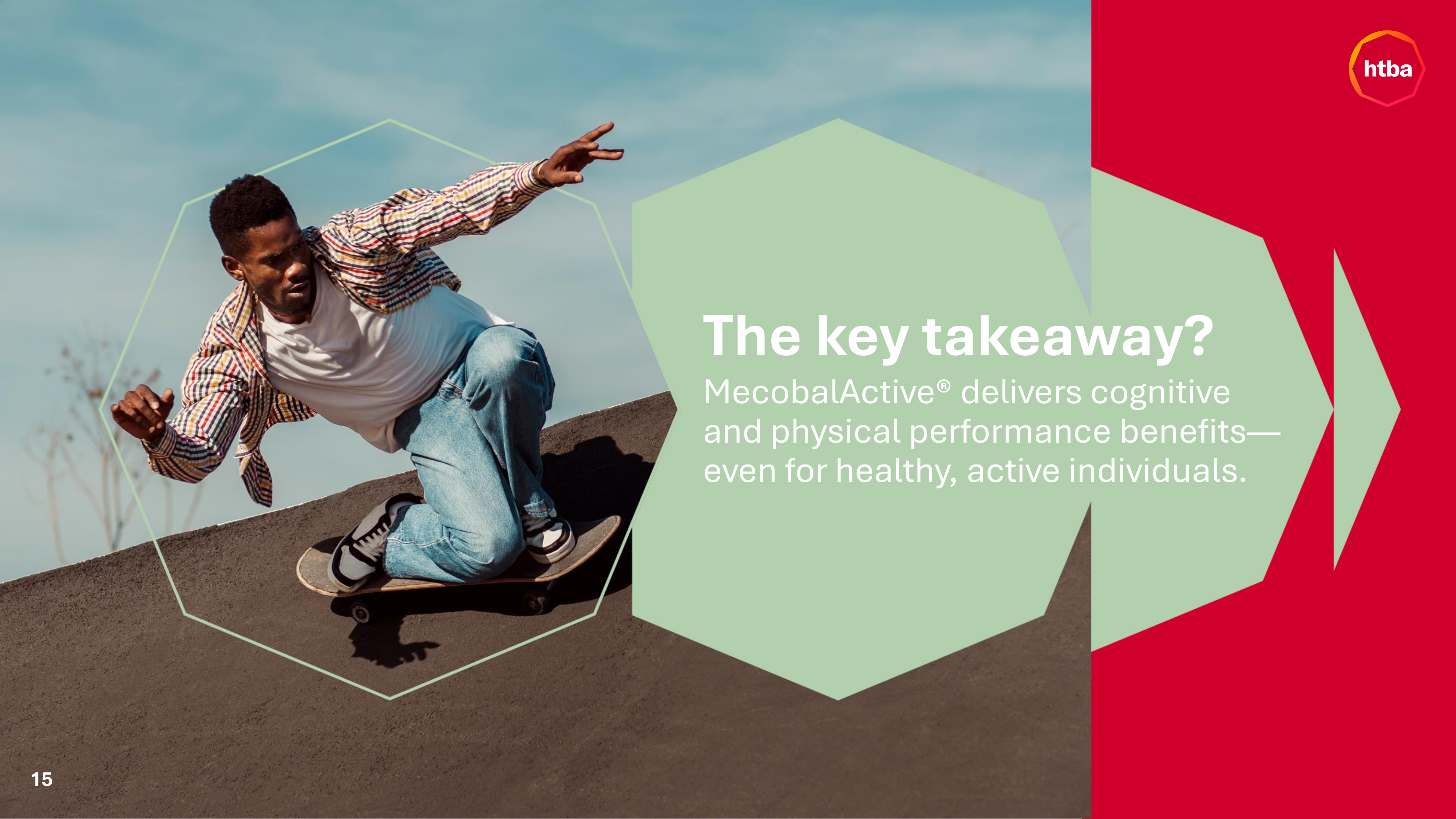
This vitamin B12 ingredient delivers measurable cognitive and physical improvements even in people with adequate baseline levels.
HTBA's research challenges that assumption. Even with normal baseline B12 status, three days of high-quality methylcobalamin meaningfully improved performance markers. The effects weren't subtle: 4% power increases and 5% cognitive improvements exceed typical supplement effect sizes.
This positions MecobalActive as a potential ergogenic aid rather than merely a deficiency prevention strategy. That shift opens new market opportunities for sports nutrition brands, pre-workout formulas, and nootropic products.
Conclusion: Evidence Meets Innovation
HTBA's clinical research on MecobalActive delivers what modern supplement consumers increasingly demand: credible evidence demonstrating benefits in relevant populations using realistic protocols.
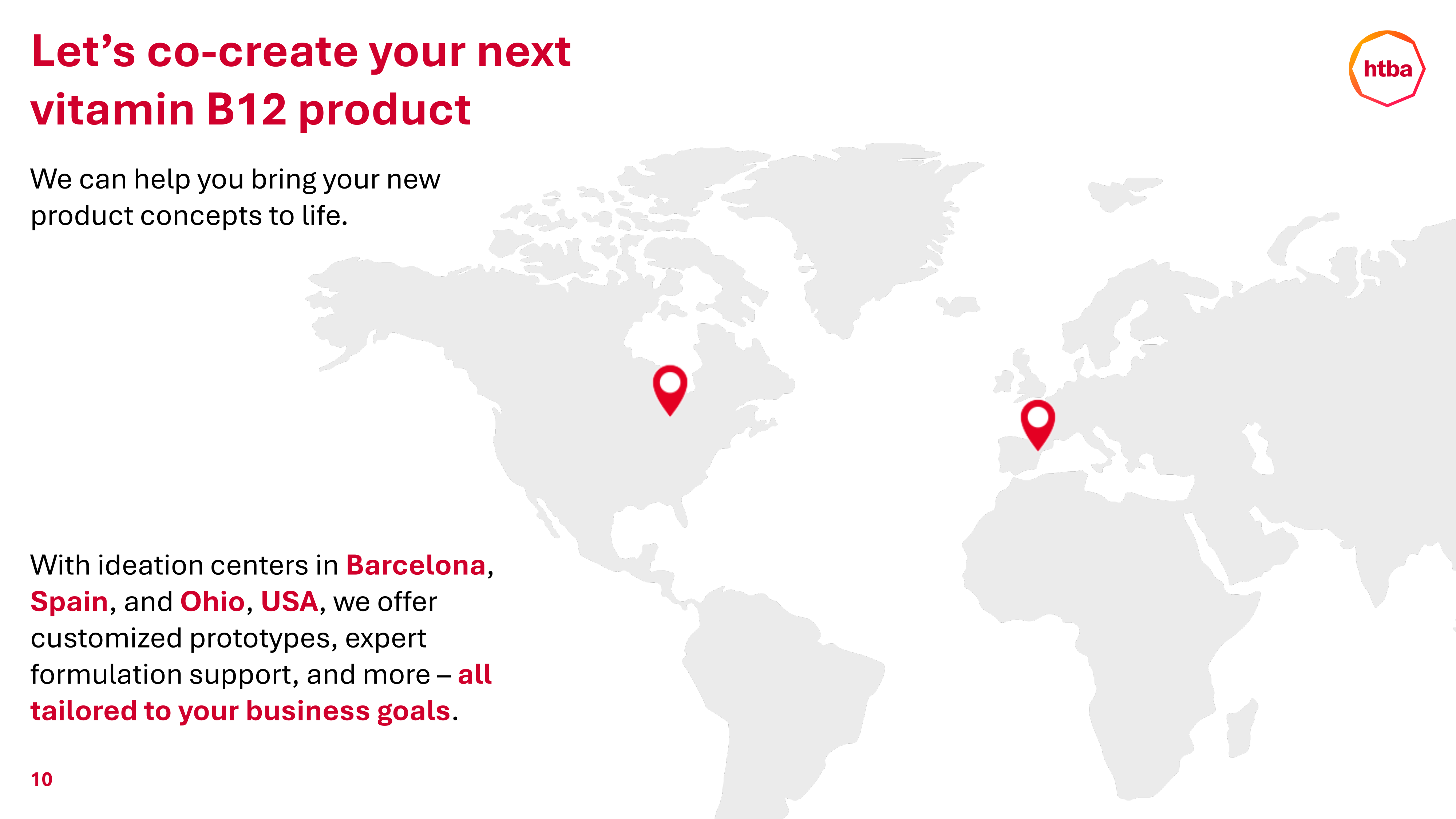
With technical teams in Barcelona and Ohio, HTBA provides formulation expertise and customized prototyping to help brands create winning products.
The study avoided common research pitfalls:
- Recruited participants matching target consumers (healthy, active individuals)
- Used meaningful outcome measures (actual performance, not just biomarkers)
- Employed rigorous methodology (triple-blind, crossover, controlled conditions)
- Tested practical intervention (three-day loading, oral supplementation)
The results support positioning MecobalActive as a performance-oriented ingredient backed by human research. Brands can make structure/function claims around physical power, fatigue resistance, and cognitive speed with confidence.
More importantly, the research models how branded ingredient companies should validate products: not through in vitro studies or underpowered pilots, but through well-designed trials measuring outcomes consumers care about.
Follow the HTBA and MecobalActive Story
HTBA continues expanding research on MecobalActive and other active B12 forms. The company's commitment to clinical validation sets a standard for ingredient differentiation in competitive markets.
Stay Updated with PricePlow:
- PricePlow will release a podcast episode featuring HTBA scientists discussing the research in depth. It will be linked below when it is live.
- Meet the HTBA team at SupplySide Global and other major trade shows
- Follow ongoing research and product launches featuring MecobalActive
MecobalActive brings European manufacturing excellence, proprietary green chemistry, and now human performance data to the vitamin B12 category, elevating what brands can offer consumers seeking not just adequacy, but optimization... in just three days.

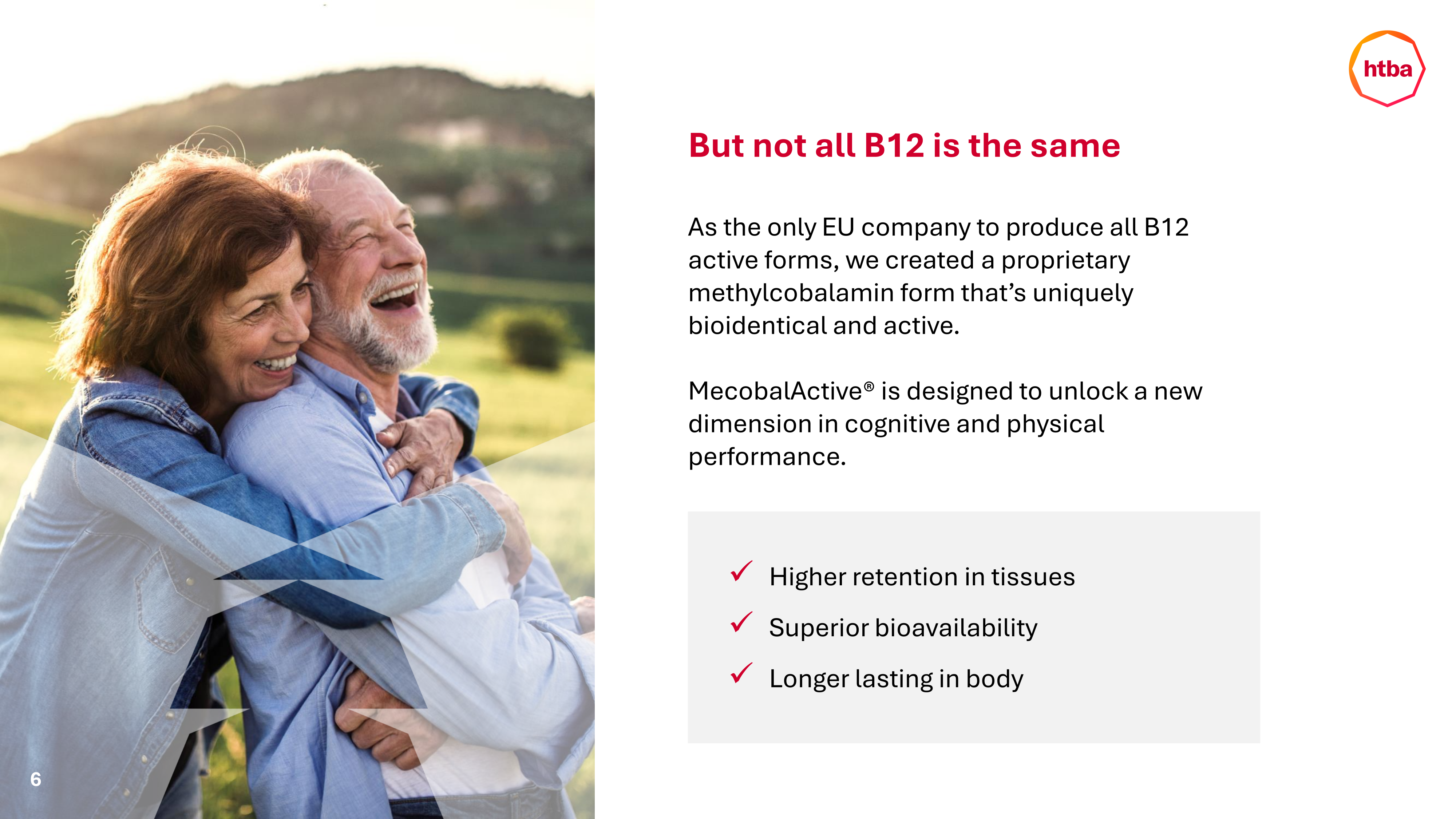
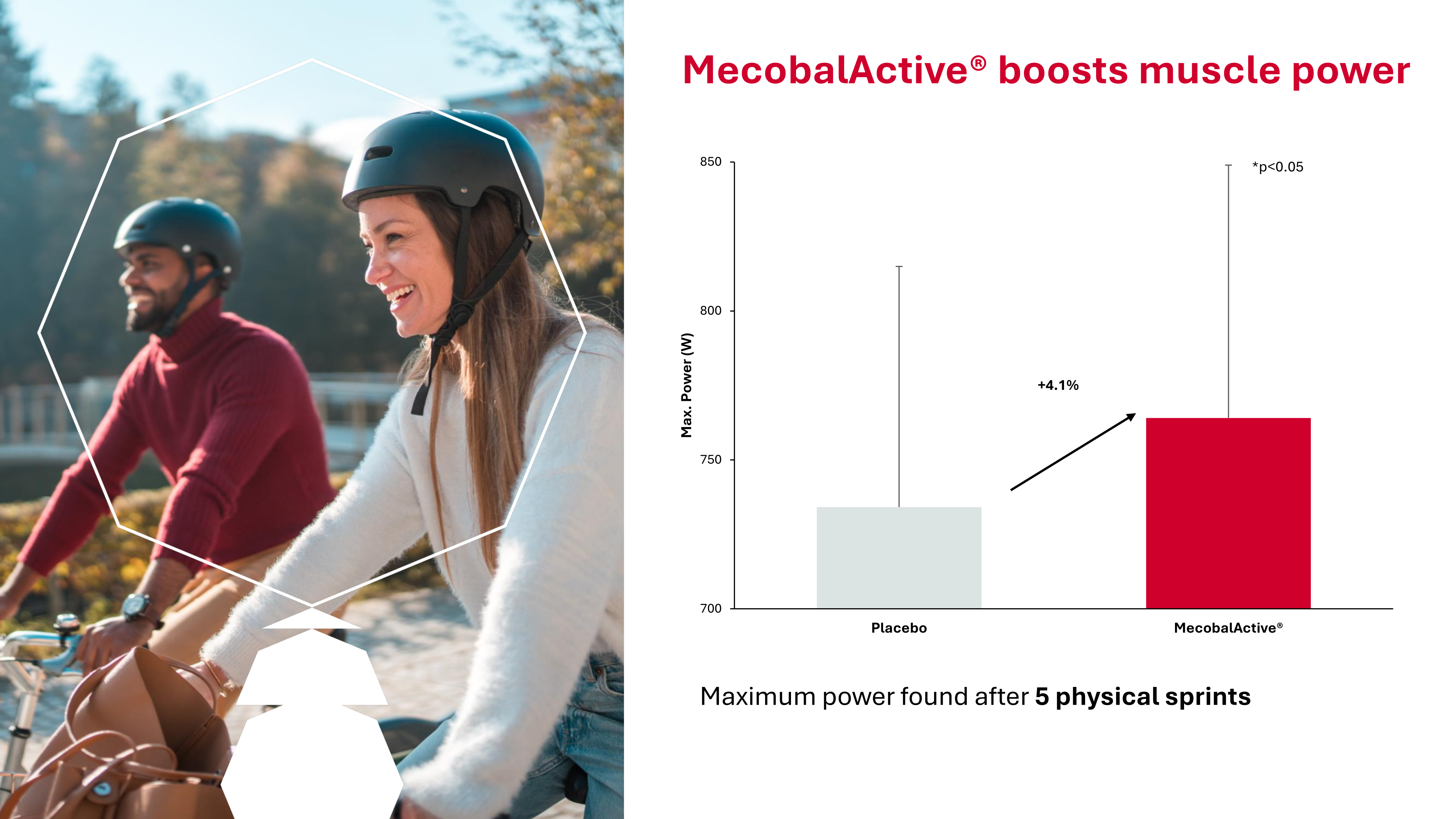
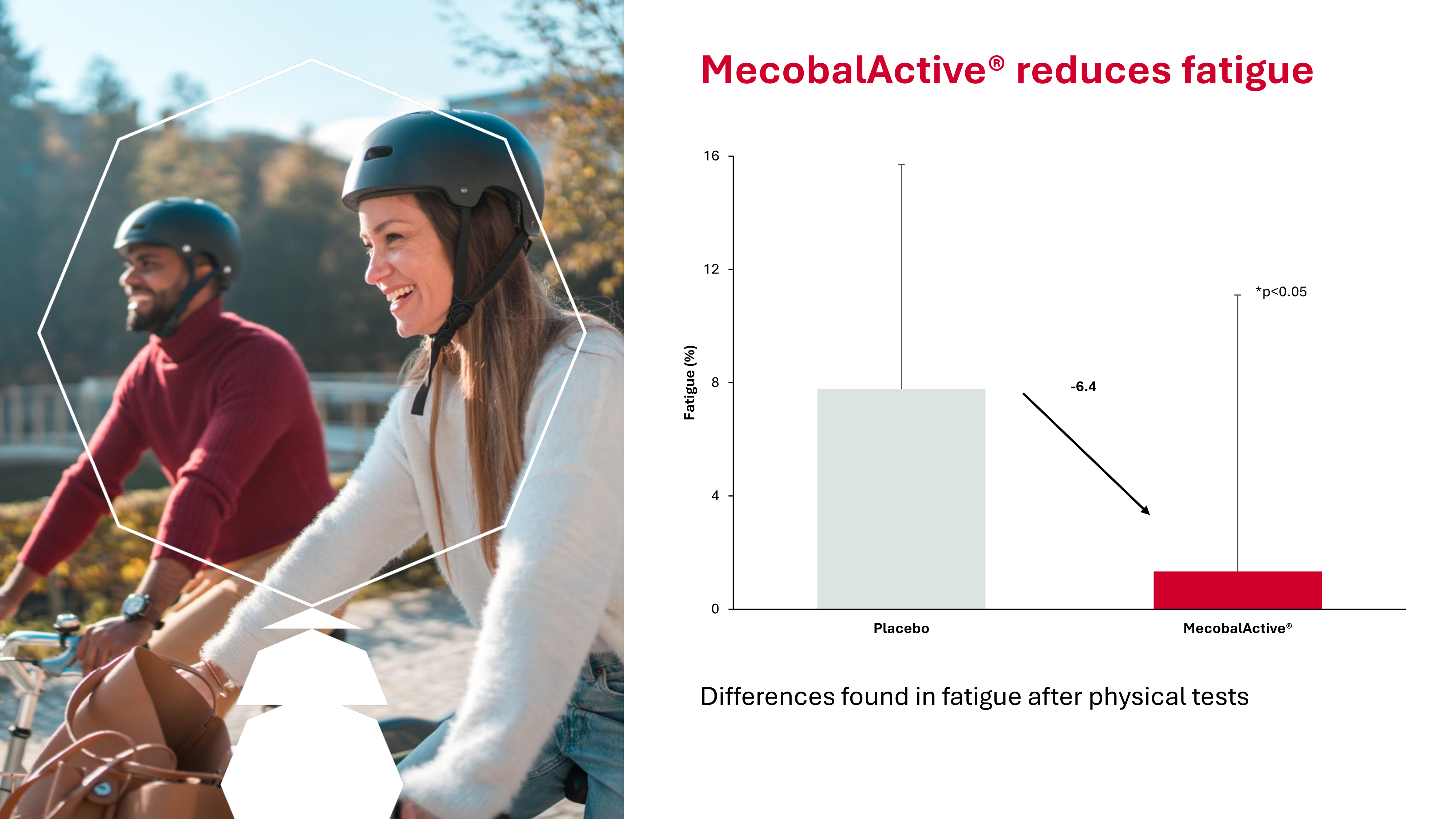
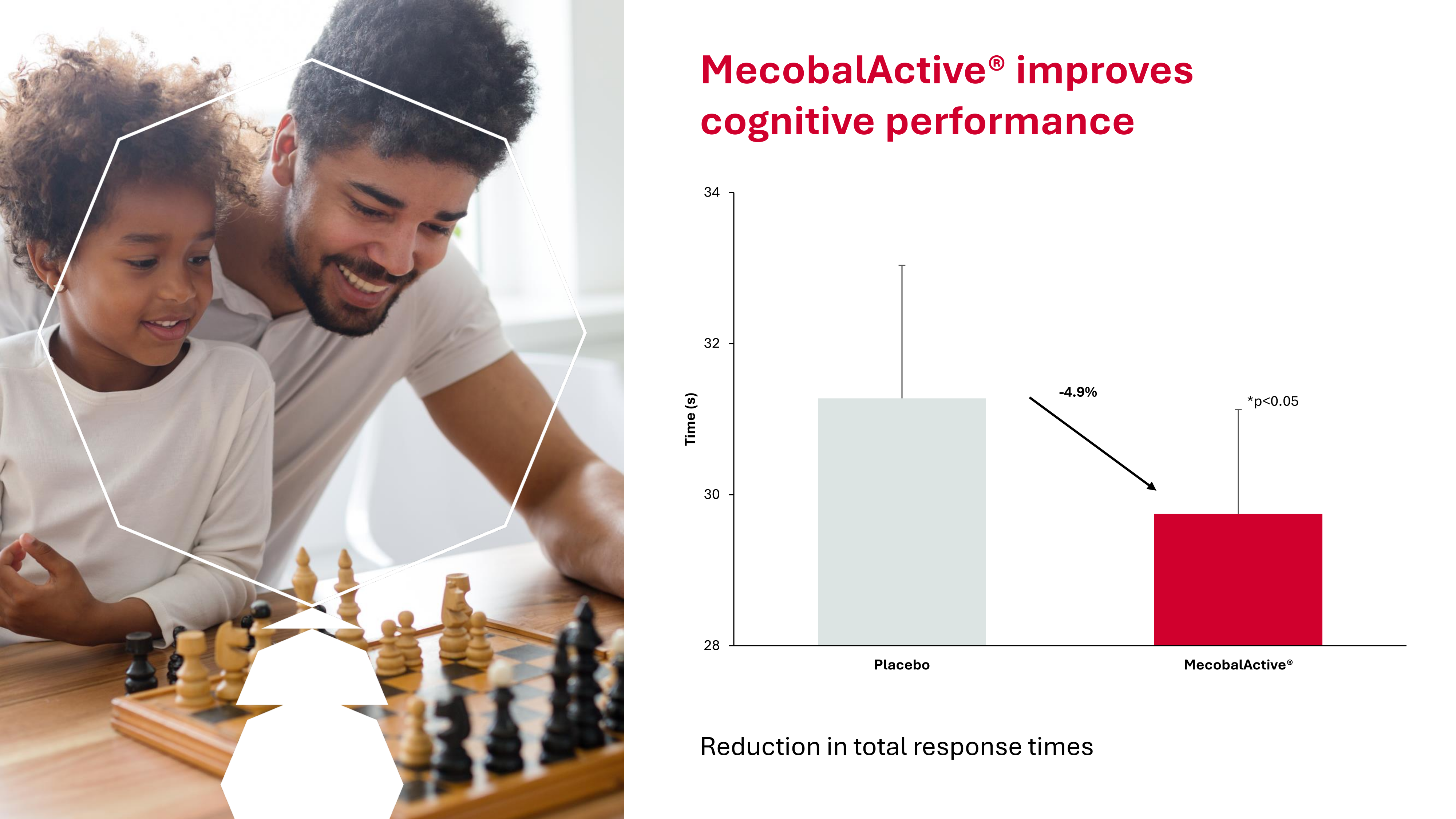
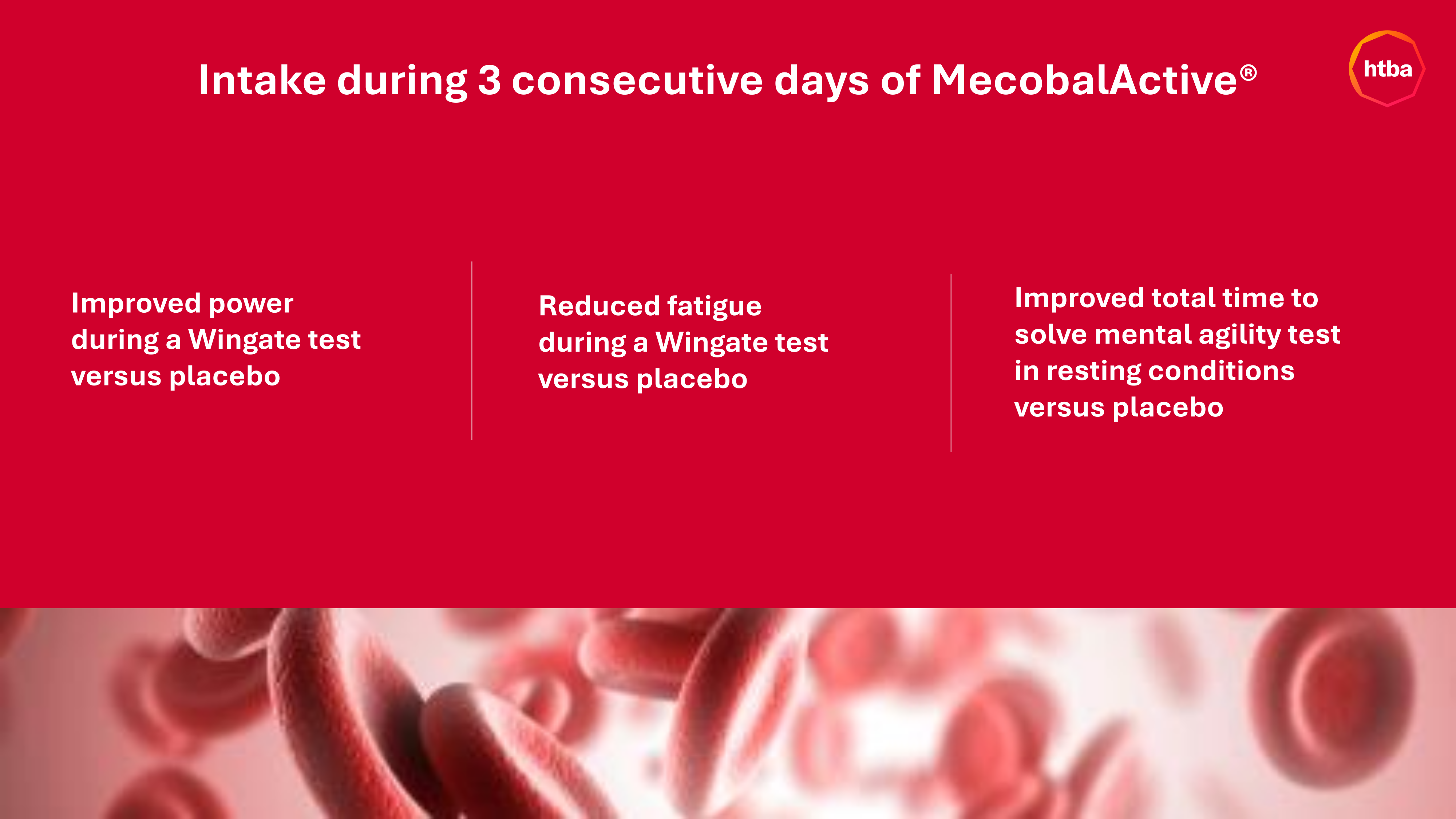
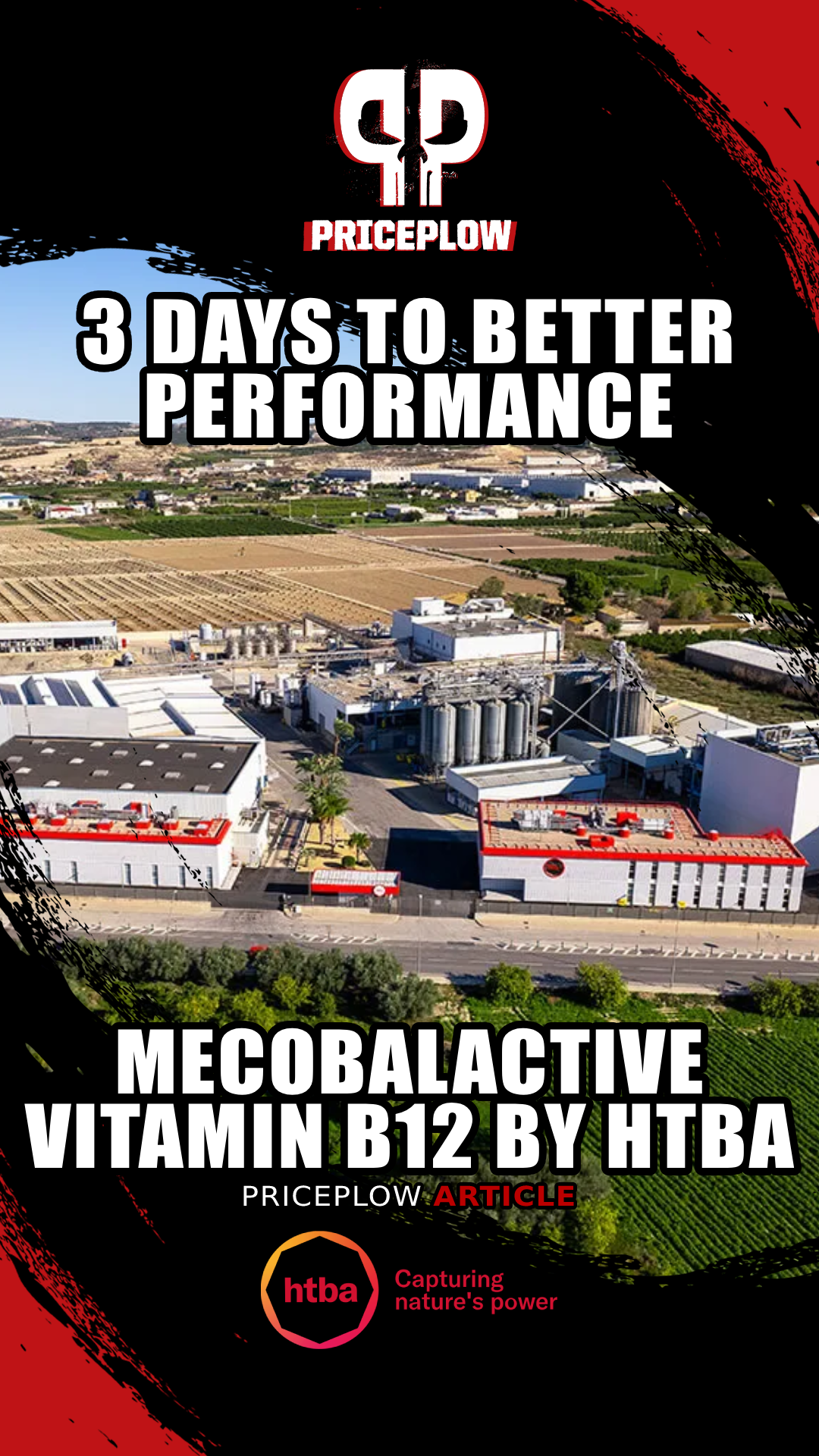
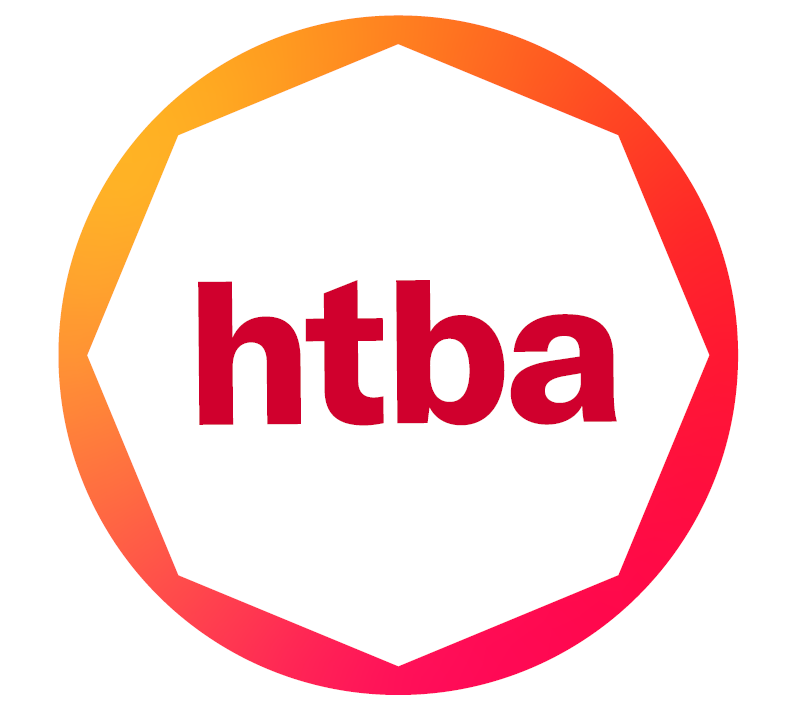


Comments and Discussion (Powered by the PricePlow Forum)